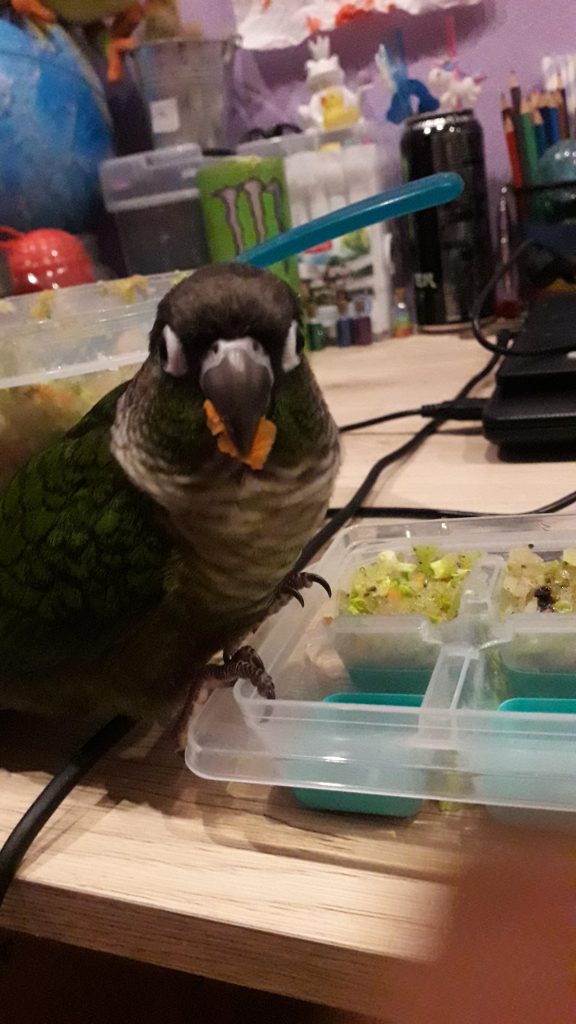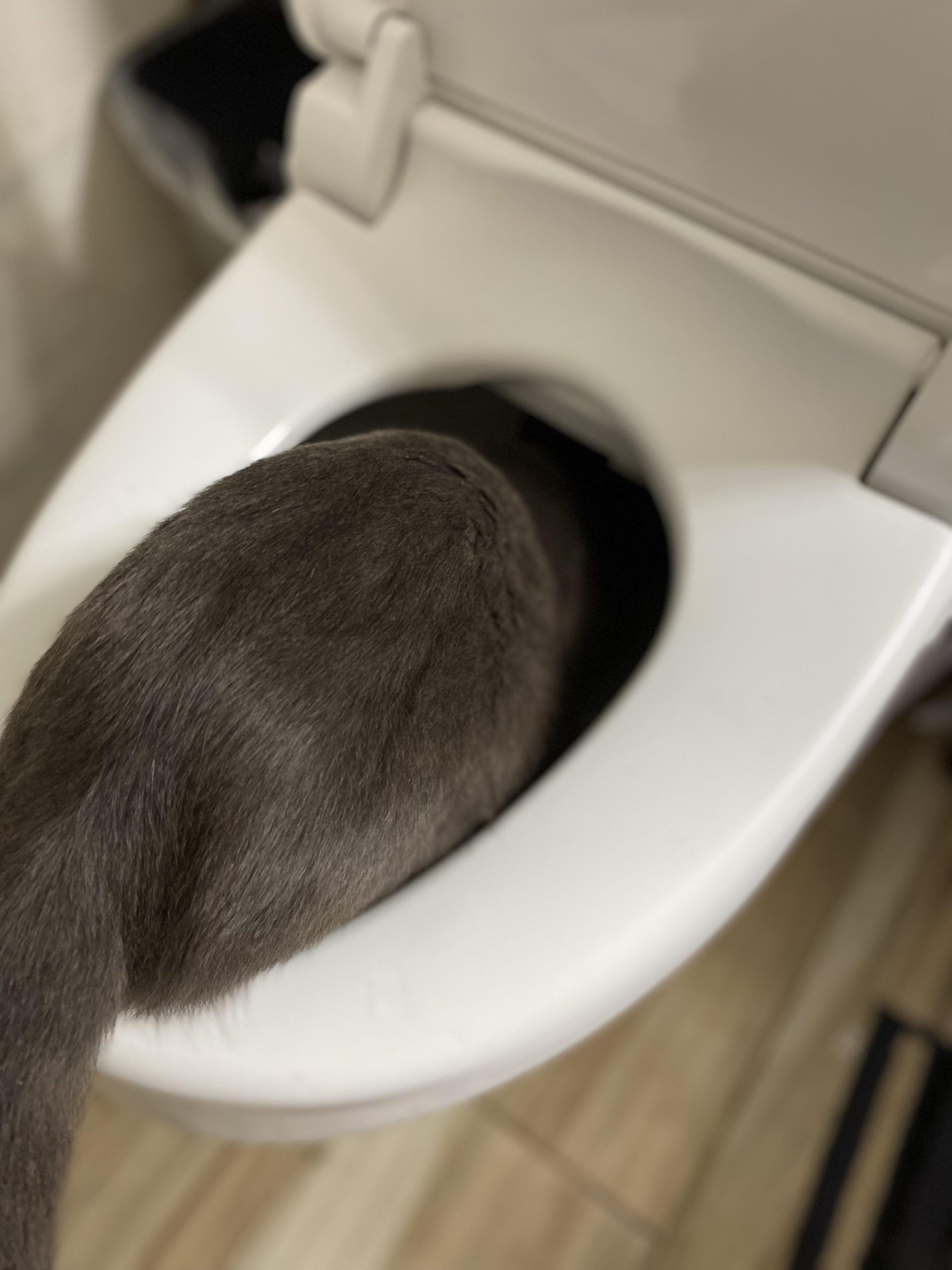
Gross Things All Pets Do
1. Eating their own vomit
 image source: reddit.com
image source: reddit.com
Pets, particularly dogs, might engage in the revolting act of consuming their own vomit, a behavior that can be both bewildering and unsanitary to human observers. Though it seems counterintuitive, this behavior is often a result of instinct rather than deliberate choice, as dogs have a tendency to scavenge for food and may resort to consuming regurgitated material.Advertisement
2. Rolling in mud - or poop
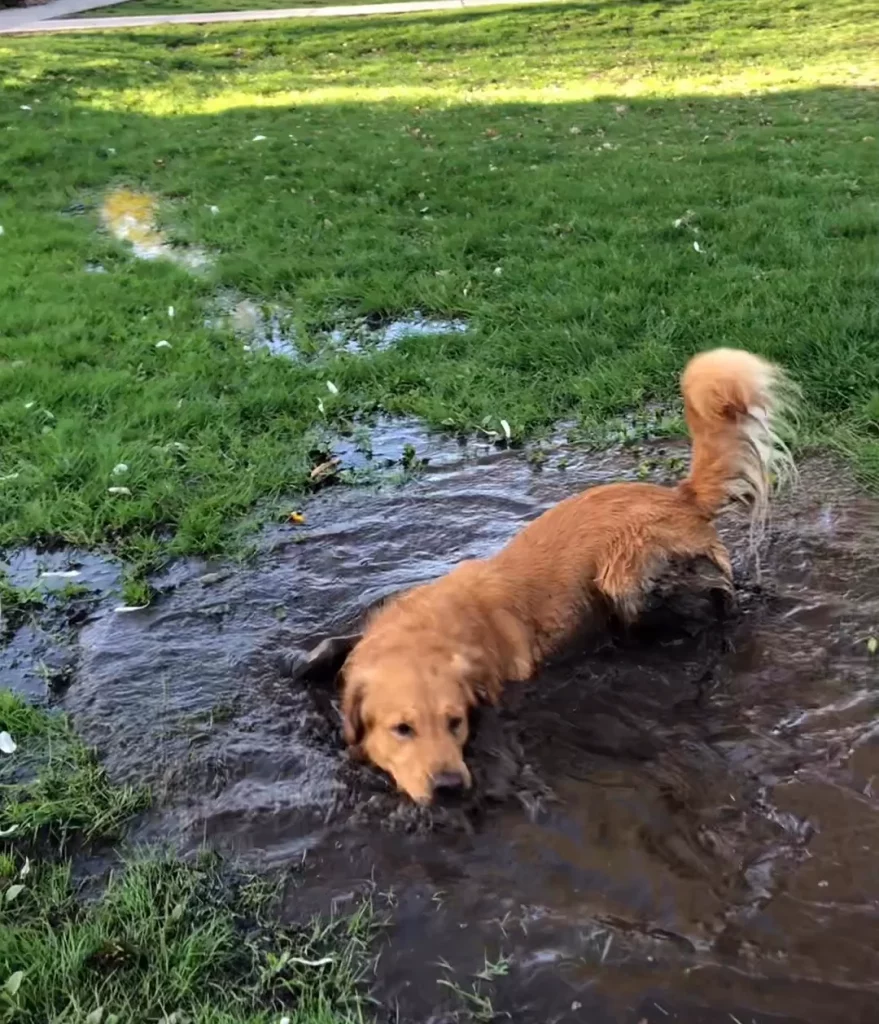 image source: reddit.com
image source: reddit.com
Rolling in mud or feces is a behavior commonly seen in dogs, particularly those with a strong prey drive or a propensity for hunting. While this behavior may seem repugnant to humans, it is believed to be a relic of their wild ancestors when rolling in foul-smelling substances served as a camouflage technique to mask their scent from prey or potential predators.Advertisement
3. Licking their genitals in public
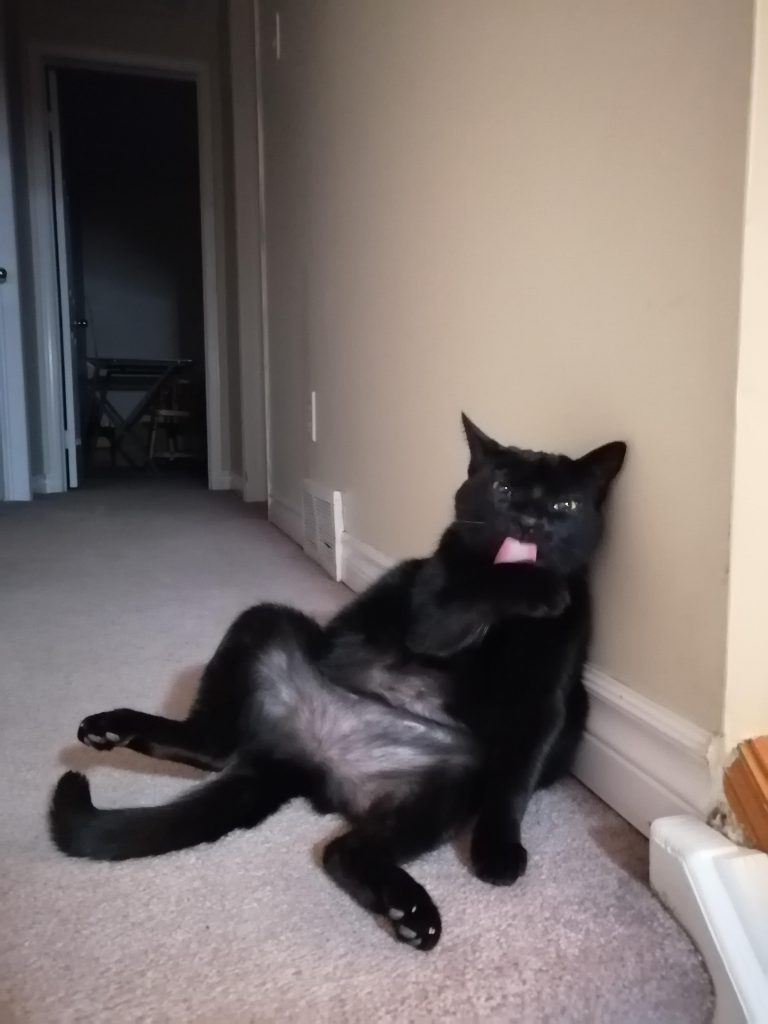 image source: reddit.com
image source: reddit.com
Licking their genitals in public is a behavior frequently exhibited by both dogs and cats, often causing embarrassment or discomfort for pet owners. However, genital grooming is a natural and necessary aspect of pet hygiene, as it helps to remove dirt, debris, and odor-causing bacteria from the genital area, maintaining their cleanliness and overall well-being.Advertisement
4. Dragging their bum across the floor
 image source: oxfordveterinaryclinic.com
image source: oxfordveterinaryclinic.com
Dragging their behind across the floor, also known as scooting, is a behavior that can be indicative of various underlying issues such as anal gland discomfort, worms, or gastrointestinal problems. While it may appear grotesque to witness, particularly on carpets or rugs, it is essential for pet owners to address the underlying cause.Advertisement
5. Sniffing and licking other animals' behinds
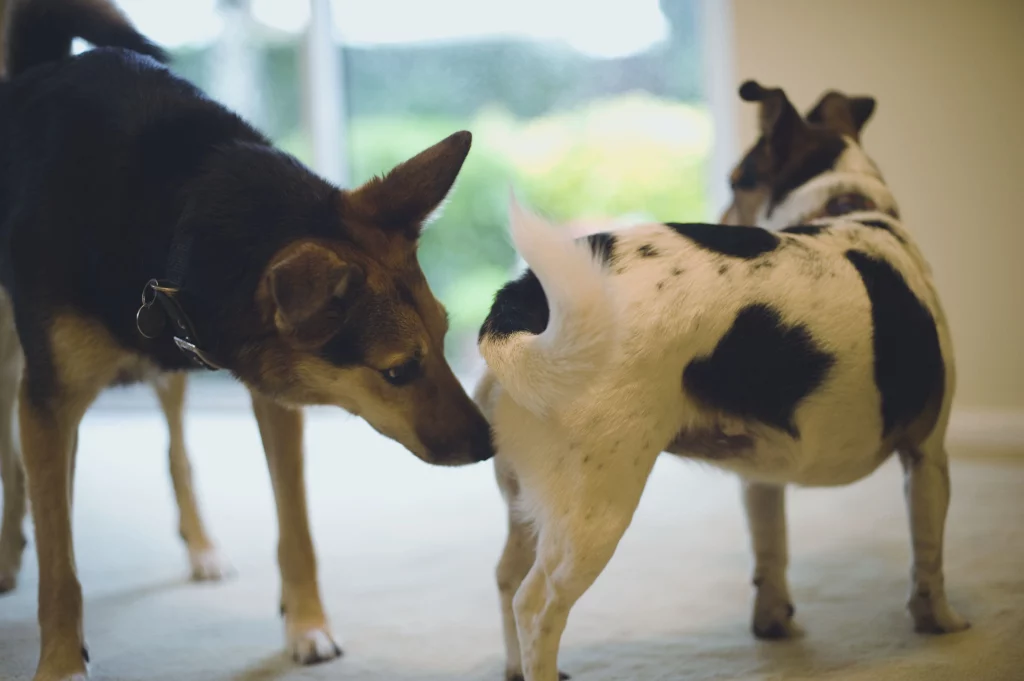 image source: reddit.com
image source: reddit.com
Sniffing and licking other animals' behinds is a behavior commonly observed among dogs, serving as a form of social interaction and communication within their pack hierarchy. While this behavior may seem distasteful to humans, it is a natural and instinctive way for dogs to gather information about other animals.Advertisement
6. Eating poop
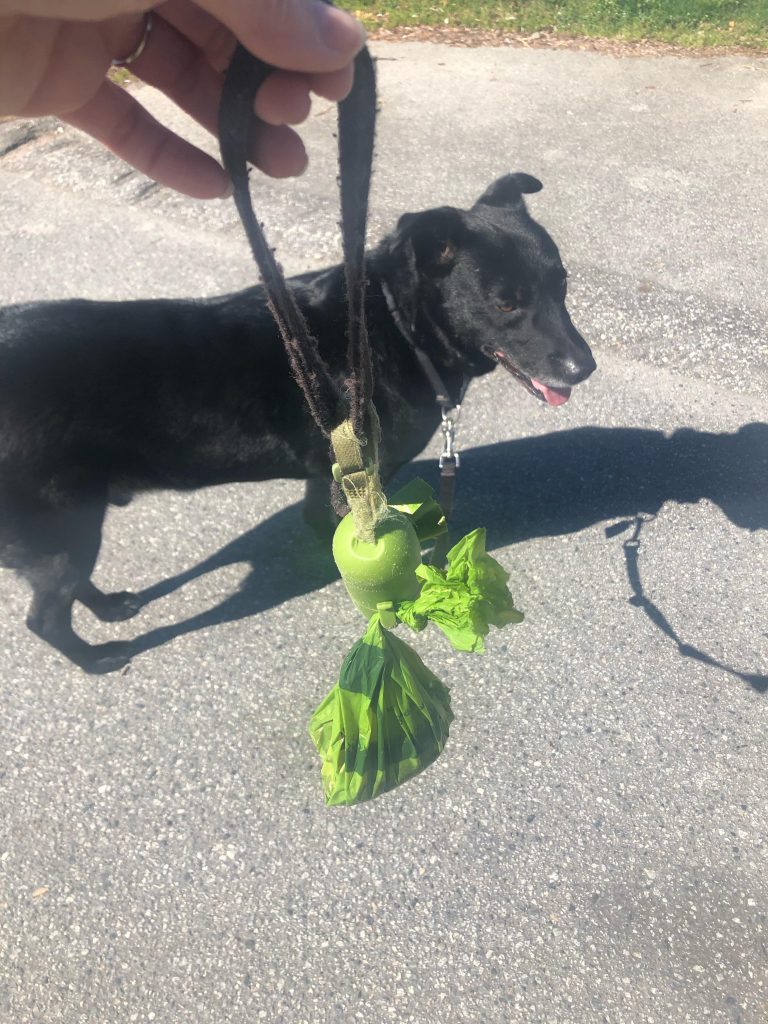 image source: reddit.com
image source: reddit.com
Eating feces, a phenomenon known as coprophagia, is a behavior exhibited by various species of animals, including dogs, cats, and rodents. It can stem from a variety of causes such as nutritional deficiencies, boredom, stress, or learned behavior from observing other animals.Advertisement
7. Regurgitating food for their young to eat
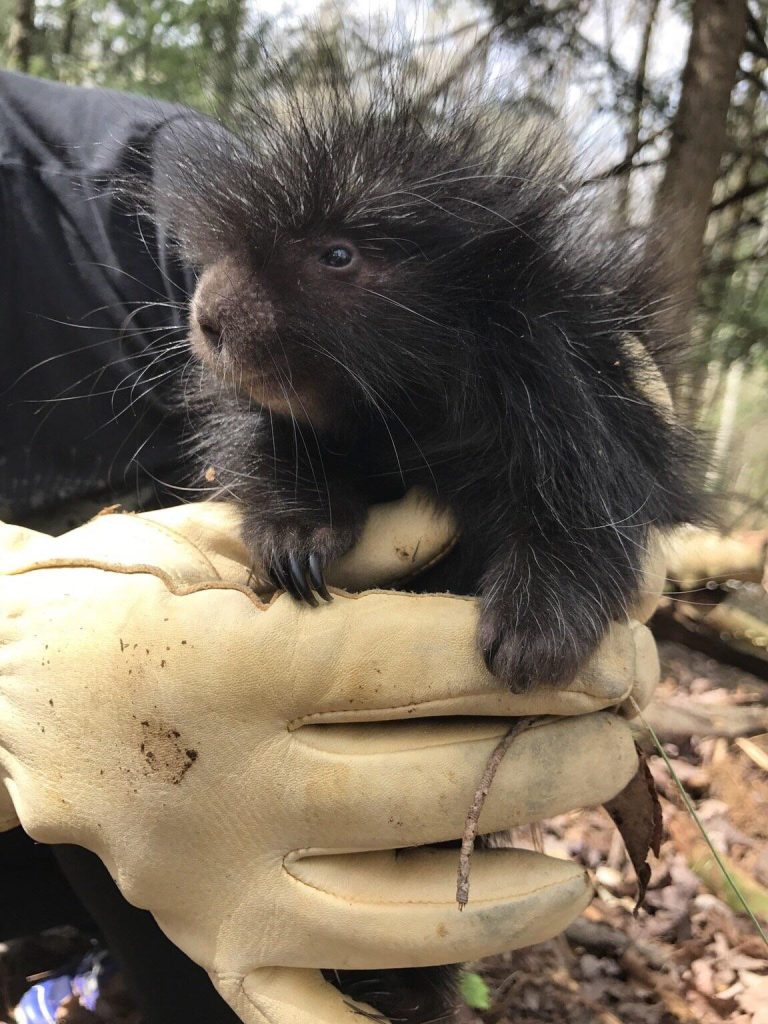 image source: reddit.com
image source: reddit.com
Regurgitating food for their young to eat is a common behavior observed among birds, particularly in species that feed their offspring through regurgitation, such as pigeons, doves, and some species of parrots. While this behavior may seem unsightly to human observers, it is a vital aspect of parental care and ensures the survival of the young.Advertisement
8. Drinking water from the toilet
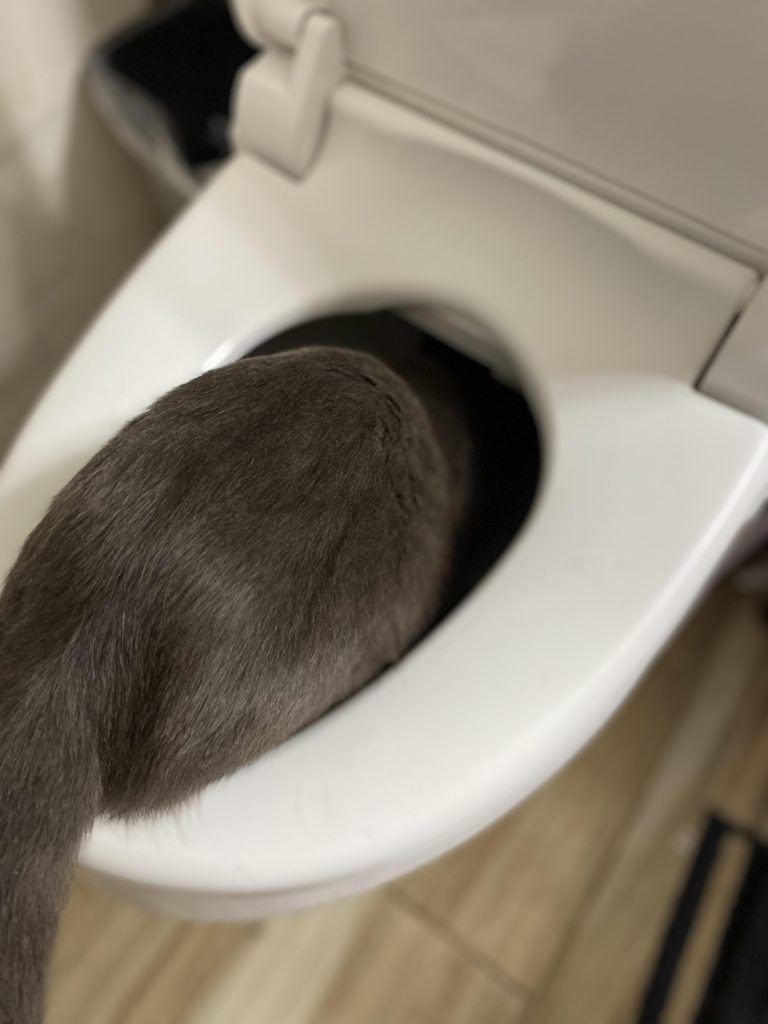 image source: reddit.com
image source: reddit.com
Drinking water from the toilet is a behavior commonly seen in dogs, particularly those with a penchant for exploring or seeking out unconventional water sources. While this behavior may be considered unhygienic by human standards, it is essential for pet owners to ensure that their pets have access to clean and fresh water at all times.Advertisement
9. Chewing on dirty socks or underwear
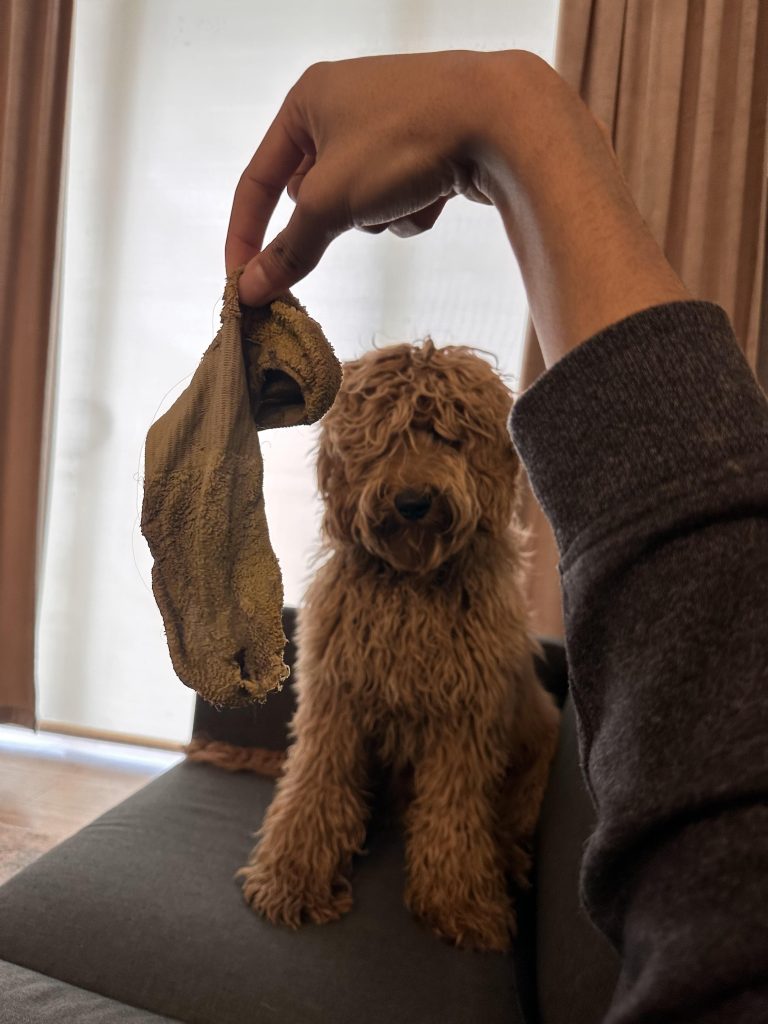 image source: reddit.com
image source: reddit.com
Chewing on dirty socks or underwear is a behavior that can be both hazardous and disgusting, as it poses a choking hazard and exposes pets to harmful bacteria or toxins present on soiled clothing. While the reasons behind this behavior may vary, it is essential for pet owners to discourage their pets from chewing on inappropriate objects.Advertisement
10. Eating the trash
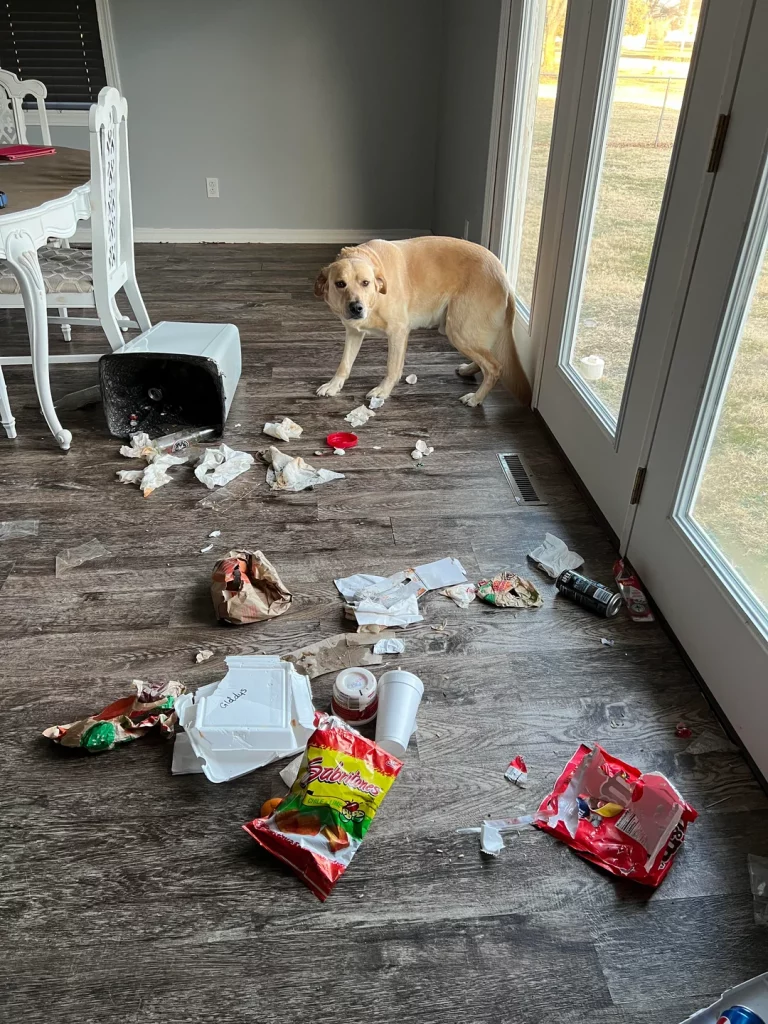 image source: reddit.com
image source: reddit.com
Eating trash or garbage is a behavior commonly seen in dogs, particularly those with a strong sense of smell and a propensity for scavenging. While this behavior may seem off-putting, it is often driven by instinctual urges to search for food and can pose various health risks to pets.Advertisement
11. Drooling all over the place
 image source: reddit.com
image source: reddit.com
Drooling excessively is a common behavior observed in certain breeds of dogs, particularly those with loose jowls or large, floppy lips. While drooling itself is a natural physiological response to stimuli such as food, excitement, or anticipation, excessive drooling can be indicative of underlying health issues such as dental problems.Advertisement
12. Walking through poop - then tracking it through the house
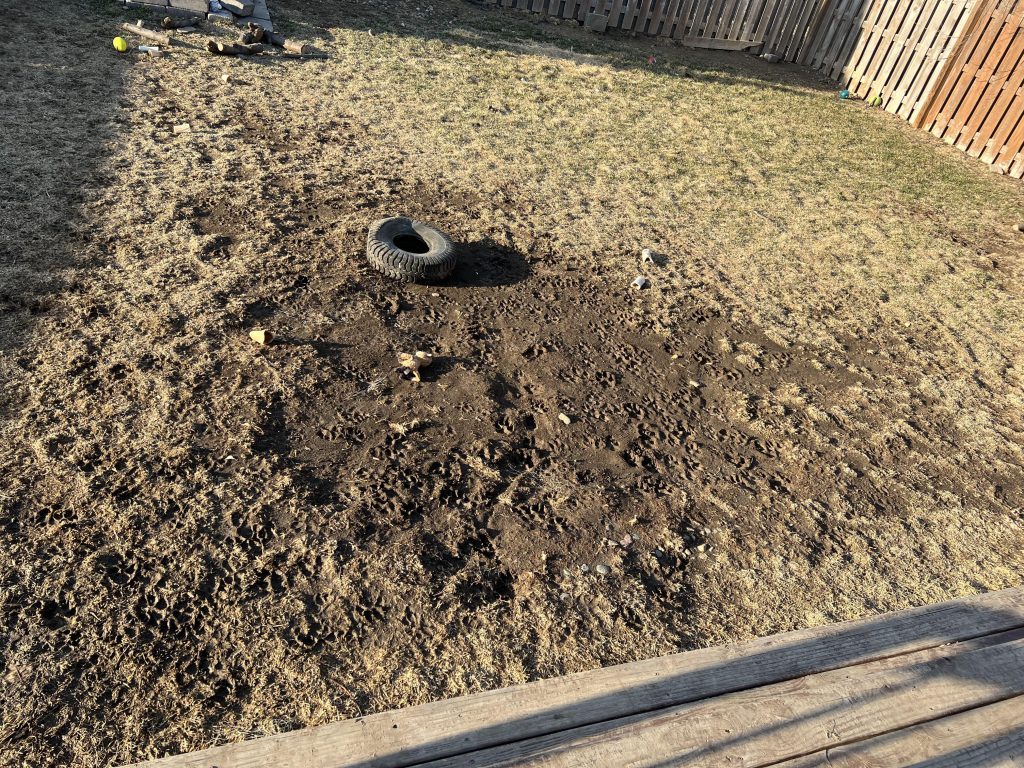 image source: reddit.com
image source: reddit.com
Stepping in and tracking feces into the house is an unfortunate but not uncommon occurrence, particularly in multi-pet households or homes with outdoor access. Pets, especially dogs, may inadvertently step in feces while outside and then track it into the house on their paws, spreading foul odors and potential pathogens throughout the living space.Advertisement
13. Eating insects or bugs
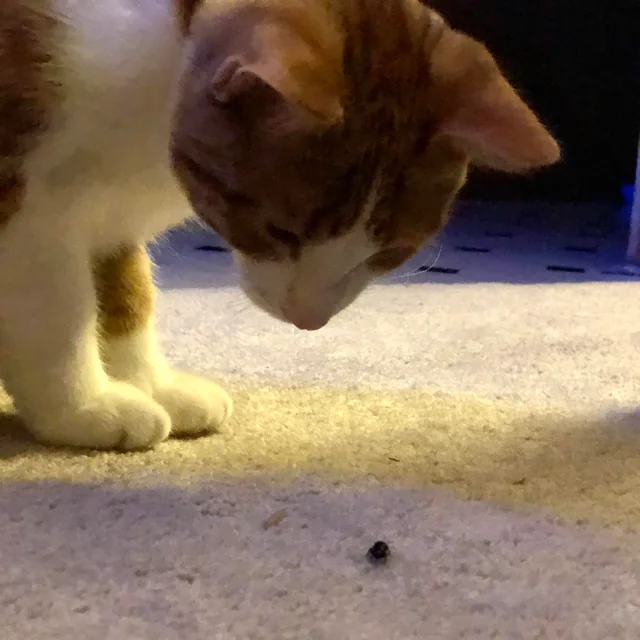 image source: reddit.com
image source: reddit.com
Eating insects or bugs is a behavior commonly observed in cats, particularly those with a penchant for hunting or exploring outdoor environments. It is a natural behavior for cats, who are natural-born hunters and opportunistic feeders. However, pet owners should be cautious about the types of insects their cats consume.Advertisement
14. Chewing on their own fur or feathers
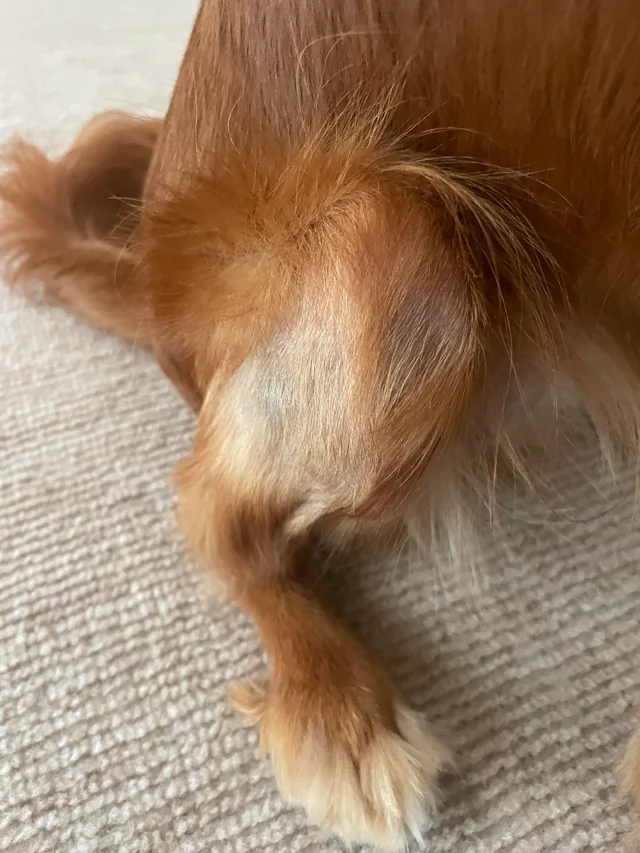 image source: reddit.com
image source: reddit.com
Chewing on their own fur or feathers is a behavior observed in various species of animals, including dogs, cats, and birds, and can be indicative of underlying issues such as stress, anxiety, boredom, or skin irritation. While grooming is necessary for pets to maintain their hygiene and appearance, excessive chewing or licking of fur or feathers can lead to skin damage.Advertisement
15. Barfing up hairballs
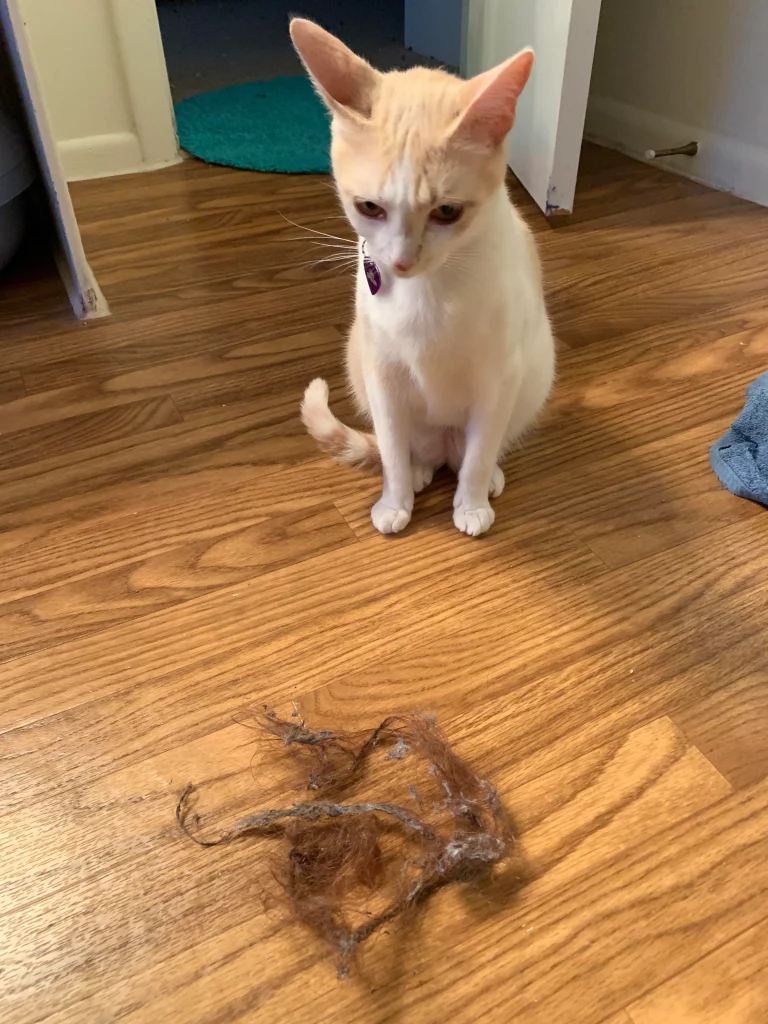 image source: reddit.com
image source: reddit.com
Barfing up hairballs is a common occurrence in cats, particularly those with long or dense coats, and is a natural and necessary process to remove ingested hair from their digestive tract. While hairballs may be unsightly and unpleasant to clean up, they are typically harmless and should not cause concern unless they occur frequently.Advertisement
16. Eating regurgitated food from a mate
image source: reddit.com
Eating regurgitated food from their mate is a behavior commonly observed in certain species of birds, particularly those that engage in courtship rituals involving food sharing as a form of bonding and pair bonding. While this behavior may seem unappetizing to human observers, it is a natural behavior for birds.Advertisement
17. Snacking on dead animals
 image source: reddit.com
image source: reddit.com
Eating dead animals or carrion is a behavior commonly observed in scavenging animals such as dogs, cats, and birds, who may opportunistically feed on carcasses found in their environment. It is part of their survival strategy, and is done to provide them with a source of protein.Advertisement
18. Rolling in dead animals
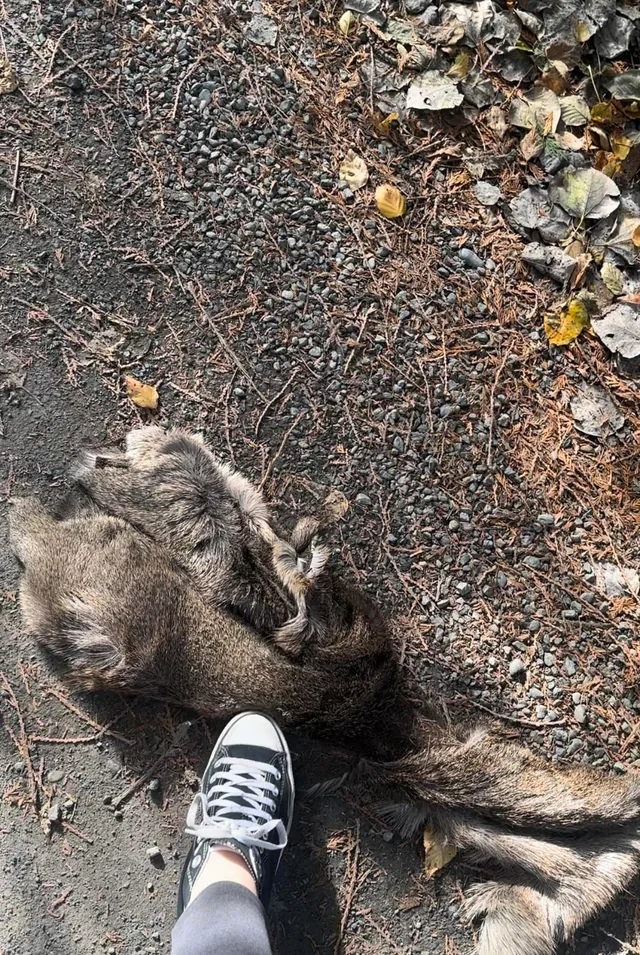 image source: reddit.com
image source: reddit.com
Rolling in dead animals or other dead organisms is a behavior commonly observed in dogs, particularly those with a strong prey drive. It is believed to be a relic of their wild ancestors when rolling in foul-smelling substances served as a camouflage technique to mask their scent from prey or potential predators.Advertisement
19. Scratching their an*s on the carpet
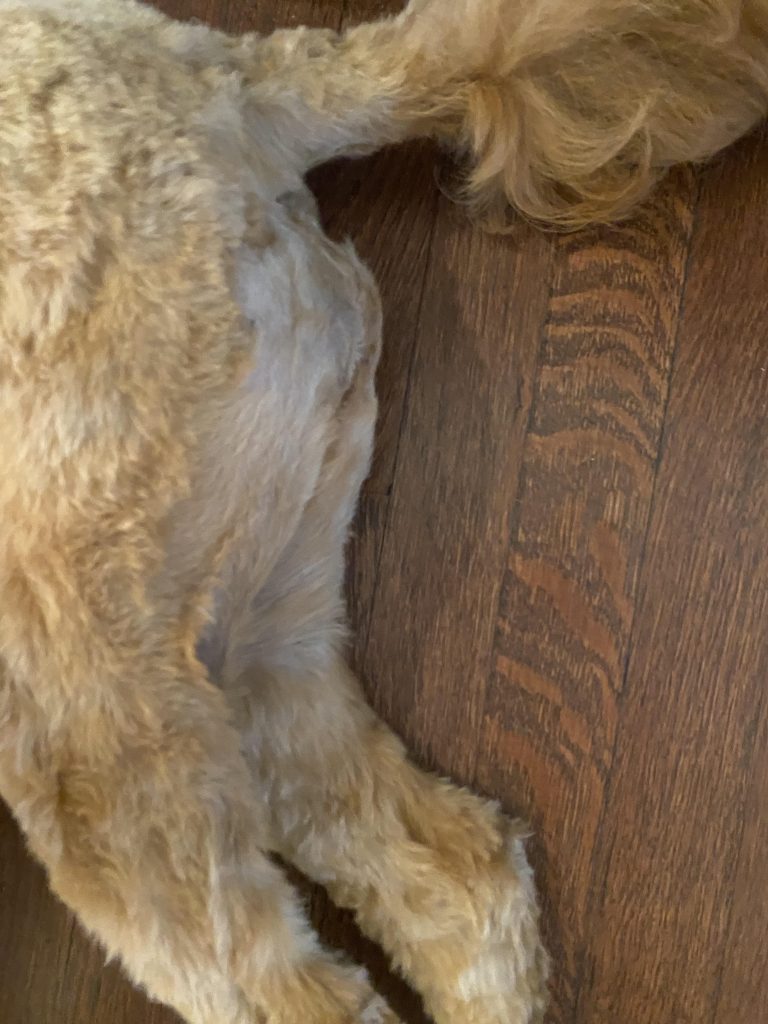 image source: reddit.com
image source: reddit.com
Scooting their rear end across the carpet due to anal gland issues is a behavior commonly observed in dogs, particularly those with impacted or infected anal glands. While this behavior may seem embarrassing or distressing to pet owners, it is often indicative of underlying issues such as anal gland impaction.Advertisement
20. Eating their own fur
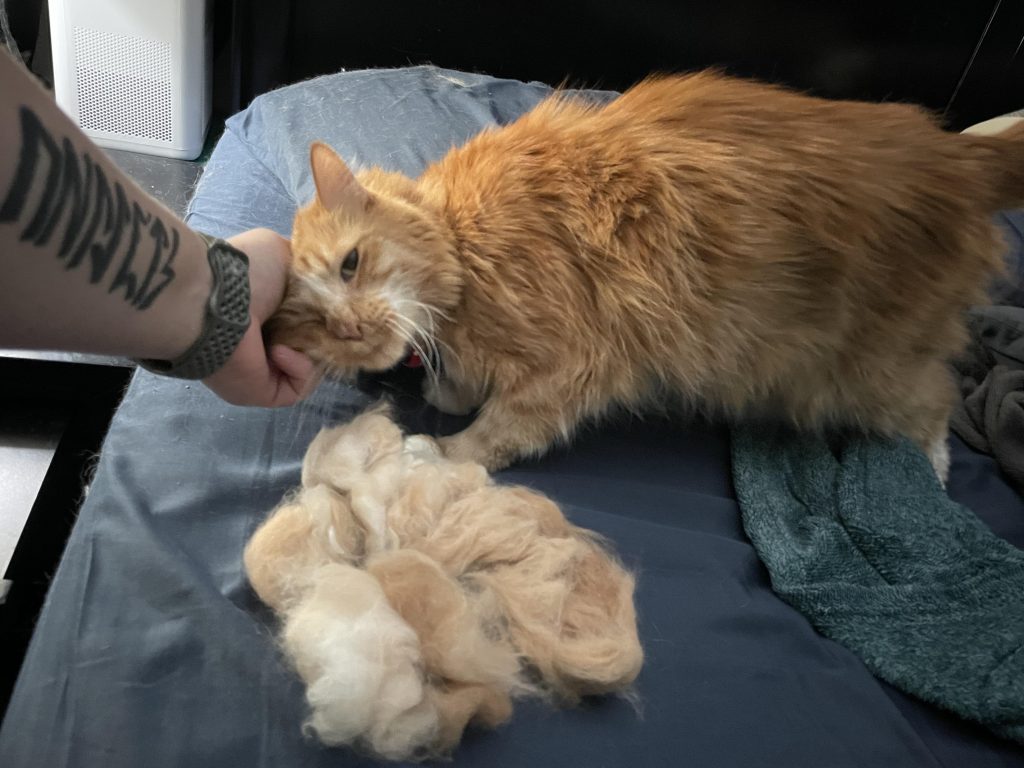 image source: reddit.com
image source: reddit.com
Eating their own fur or feathers when grooming is a behavior commonly observed in cats, birds, and other grooming animals and is a natural and necessary aspect of their grooming routine to remove loose hair or feathers from their coat. Ingesting small amounts of fur or feathers is typically harmless.Advertisement
21. Eating their own scabs or wounds
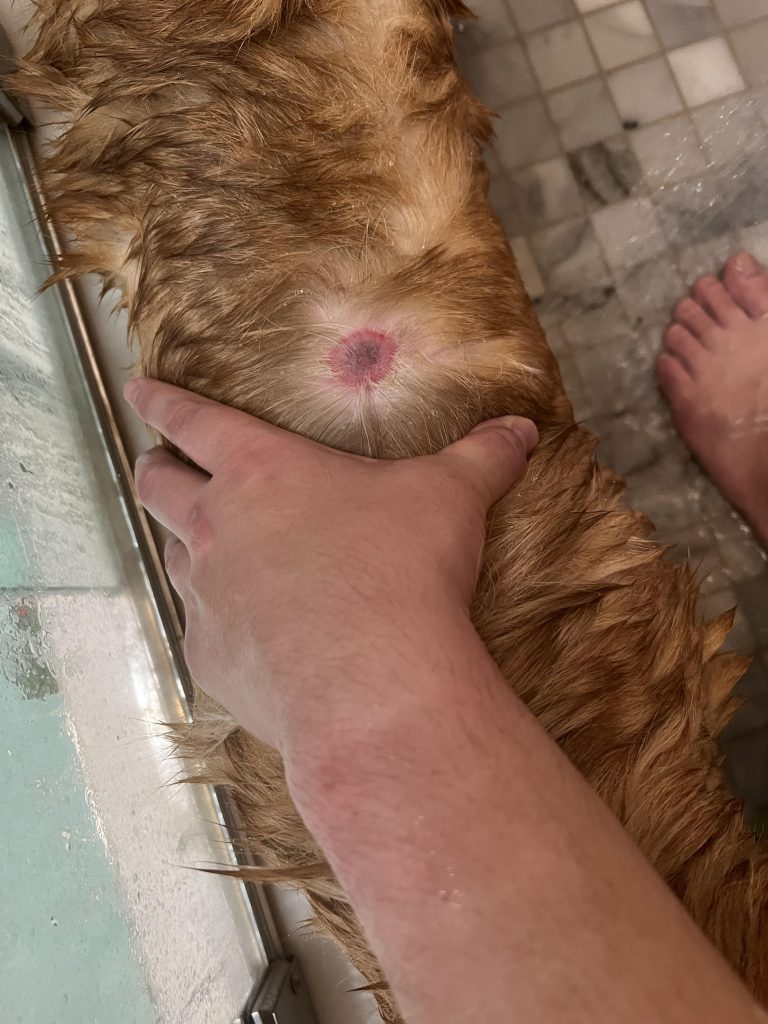 image source: reddit.com
image source: reddit.com
Eating their own scabs or wounds is a behavior observed in some pets, particularly those experiencing discomfort or irritation from healing wounds or skin conditions. While this behavior may seem concerning, it is often driven by instinctual urges to alleviate itching or pain and may indicate that the pet requires medical attention.Advertisement
22. Eating another pet's vomit
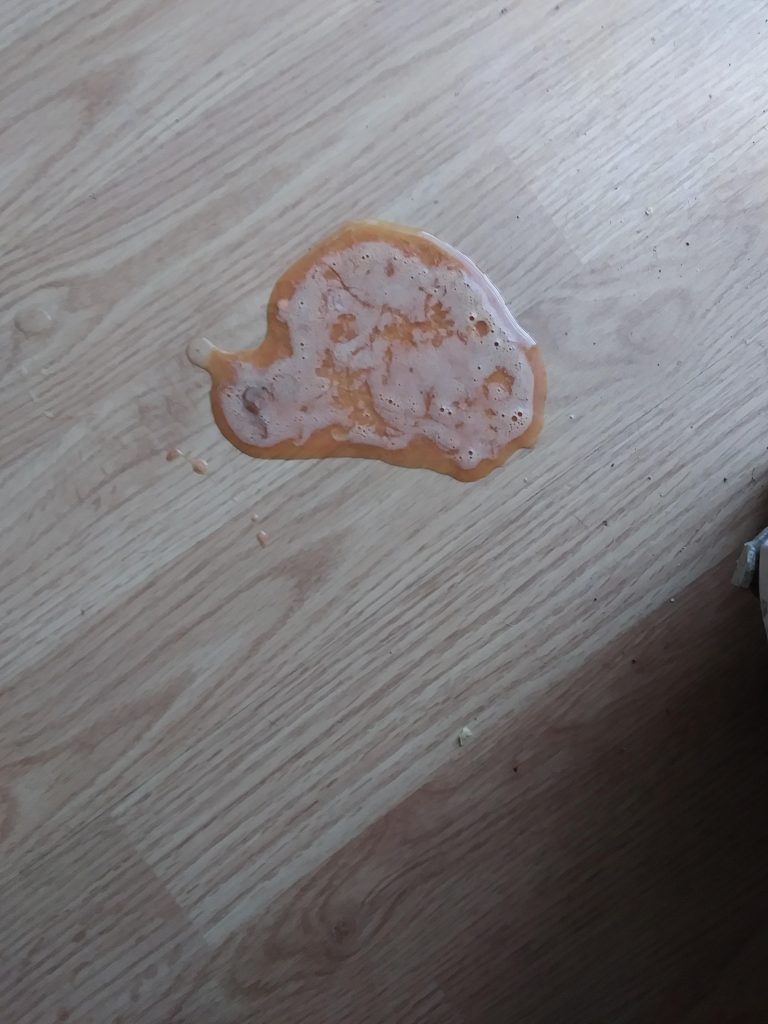 image source: reddit.com
image source: reddit.com
Eating vomit from another pet is a behavior observed in some animals, particularly dogs, who may opportunistically consume vomit from other animals as a means of scavenging for food or as a form of social interaction within their pack. It's a natural behavior and usually doesn't suggest any health issues.Advertisement
23. Sniffing and licking up urine
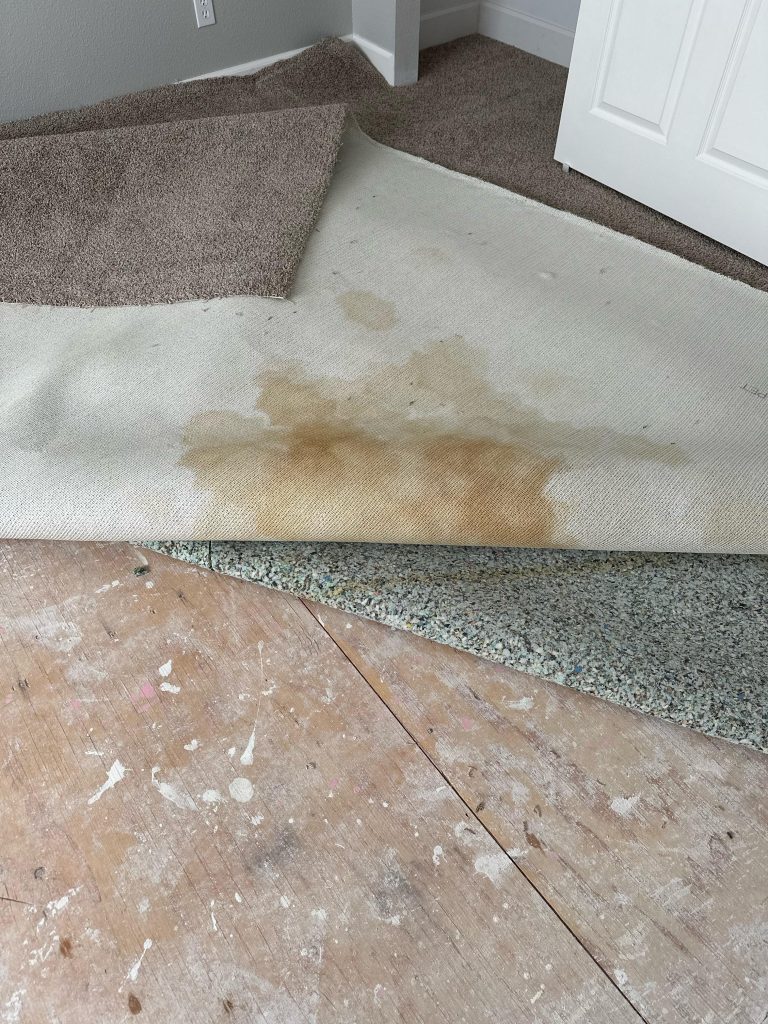 image source: reddit.com
image source: reddit.com
Sniffing and eating urine markings is a behavior commonly observed in dogs, who use their keen sense of smell to gather information about other animals in their environment, including their identity, reproductive status, and territorial boundaries. While this behavior may seem gross to humans, it is pretty normal for your pet!Advertisement
24. Eating grass and then puking it up
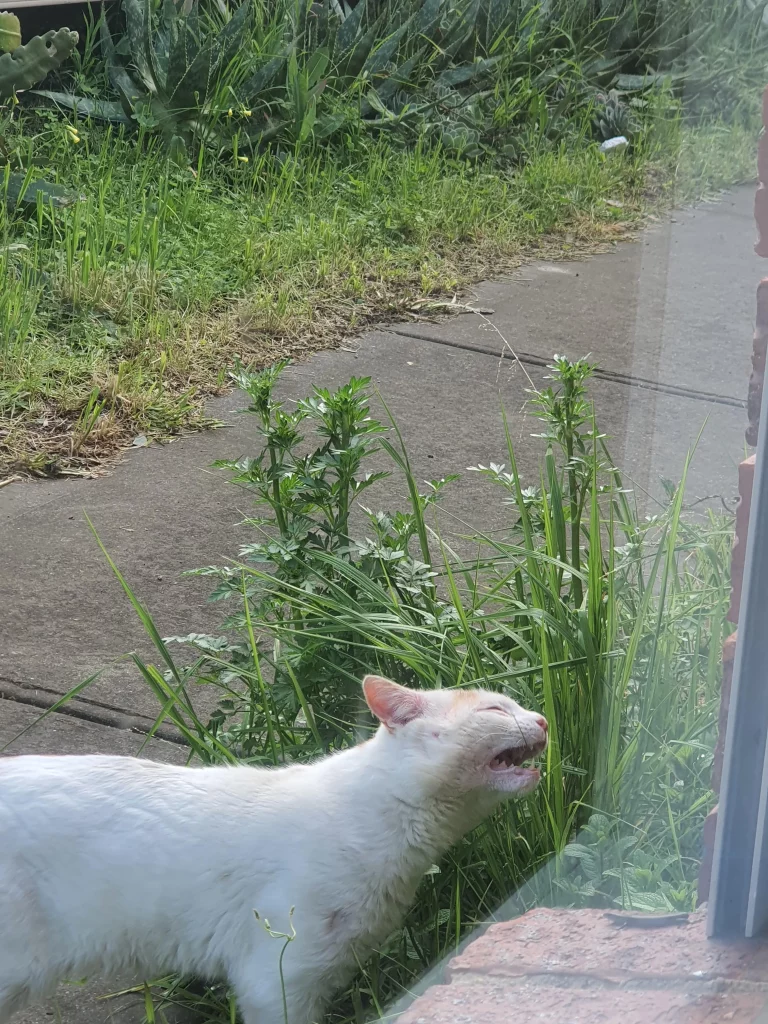 image source: reddit.com
image source: reddit.com
Eating grass and then vomiting it backup is a behavior commonly observed in dogs and cats, and while the reasons behind this behavior are not entirely understood, it is believed to serve various purposes such as aiding digestion, relieving gastrointestinal discomfort, or fulfilling dietary needs.Advertisement
25. Drinking dirty puddle water
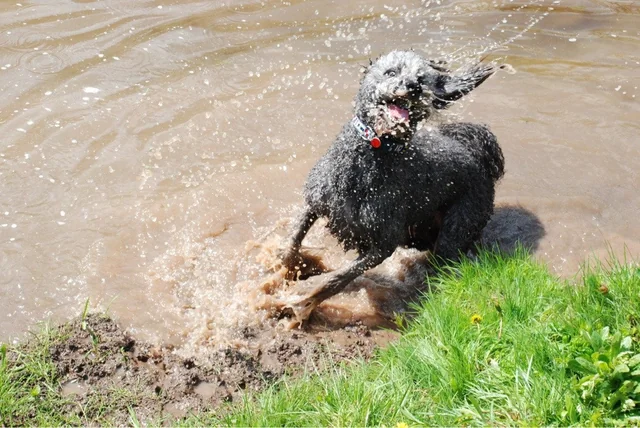 image source: reddit.com
image source: reddit.com
Drinking water from stagnant puddles is a behavior commonly observed in dogs, particularly those with a propensity for exploring outdoor environments or seeking out unconventional water sources. There is so much nasty stuff in thee waters... so watch out pet owners!Advertisement
26. Eating poop from the litter box
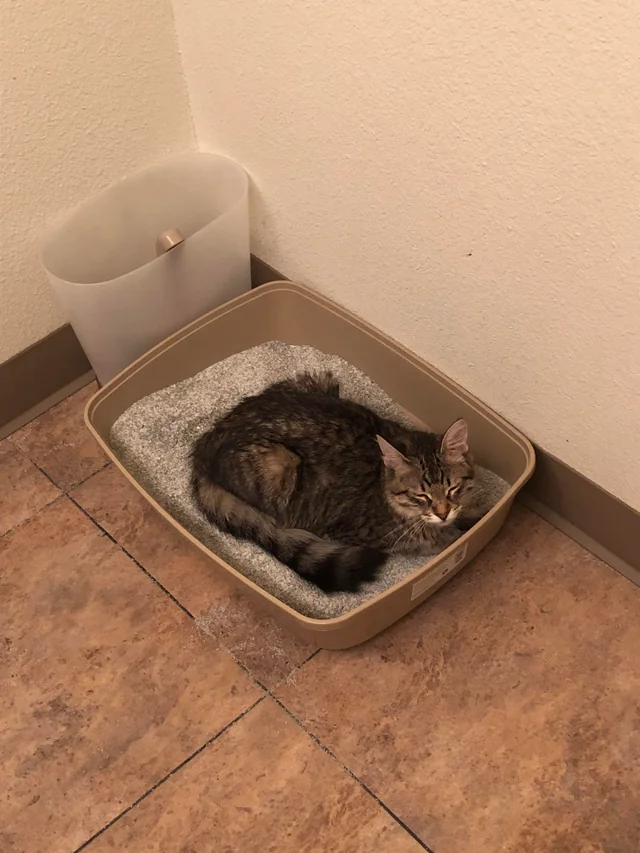 image source: reddit.com
image source: reddit.com
Eating garbage from the litter box is a behavior commonly observed in multi-pet households, particularly those with dogs who may view cat feces as a delicacy or source of protein. While humans might never understand this, it can feel like second nature to our pets.Advertisement
27. Seeking out and eating the poop of other animals
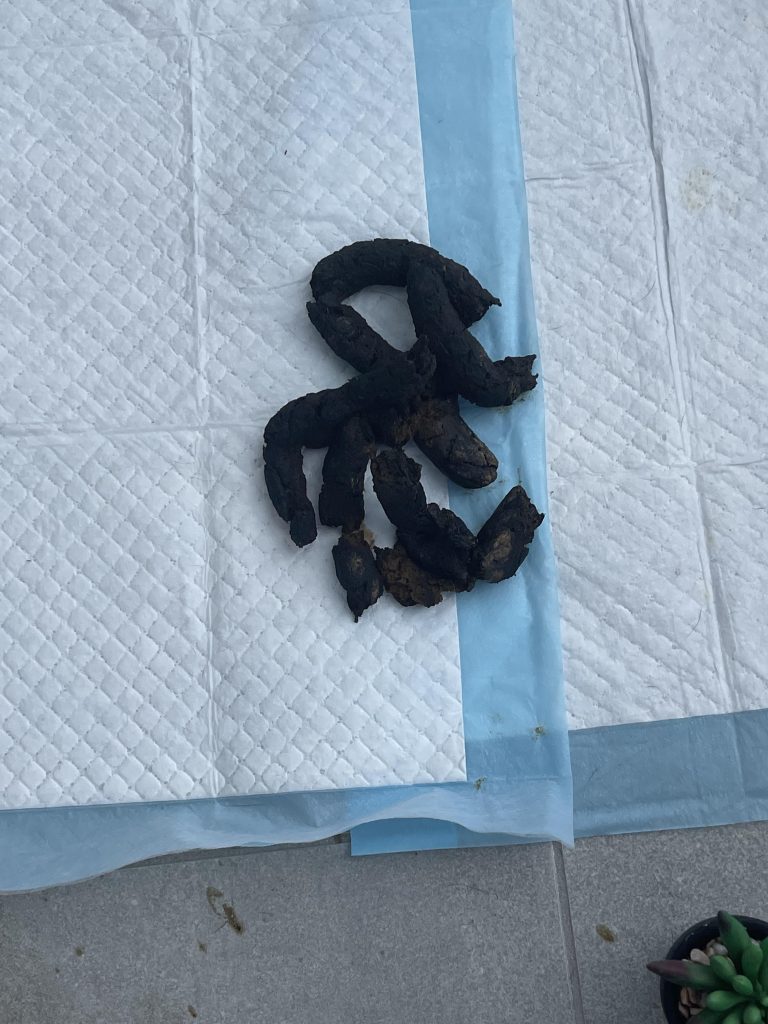 image source: reddit.com
image source: reddit.com
Chasing and eating feces of other animals is a common thing for dogs to do, particularly those with a strong prey drive or scavenging instincts. It can feel natural to a dog to do this, and may be difficult to deter without implementing measures to restrict access to areas where feces are present.Advertisement
28. Chewing on used tissues or toilet paper
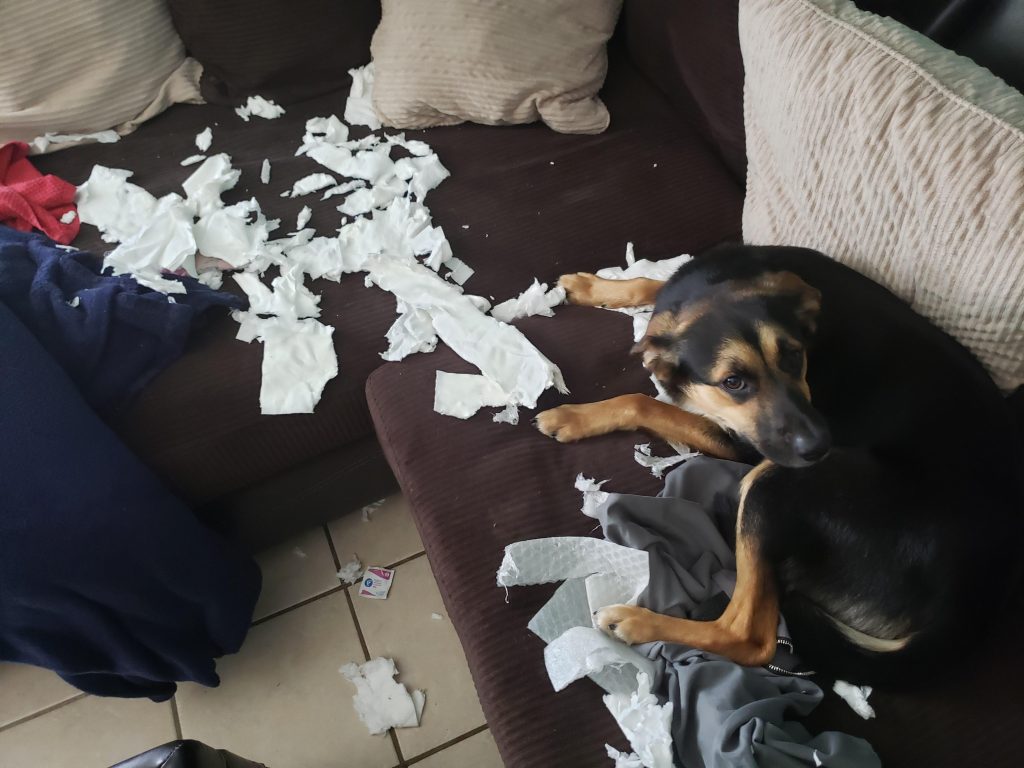 image source: reddit.com
image source: reddit.com
Chewing on used tissues or toilet paper is a behavior observed in some pets, particularly those with a penchant for exploring or seeking out unconventional objects to chew on. Doing this is often driven by instinctual urges to investigate novel stimuli or satisfy their chewing instincts.Advertisement
29. Eating cat litter
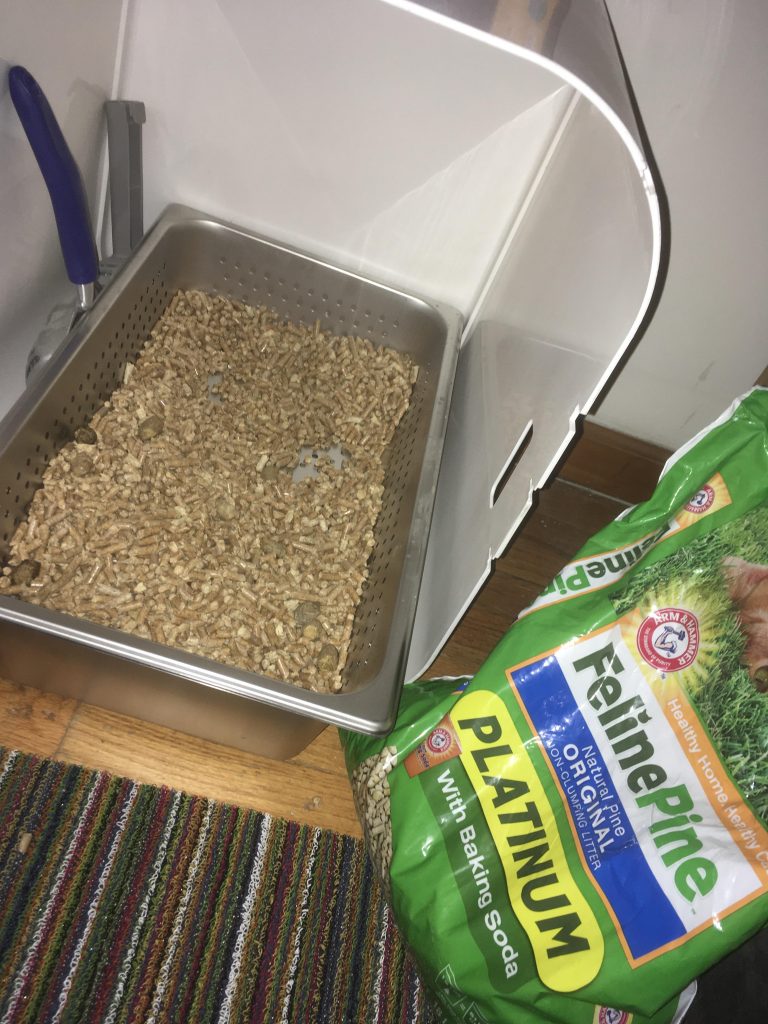 image source: reddit.com
image source: reddit.com
Eating used cat litter is something that dogs sometimes do, particularly those with a propensity for exploring or seeking out unconventional objects to ingest. It may seem strange to see your dog doing this, but they're usually doing it because they're seeking out something new to smell or eat.Advertisement
30. Drinking water from dirty ponds or lakes
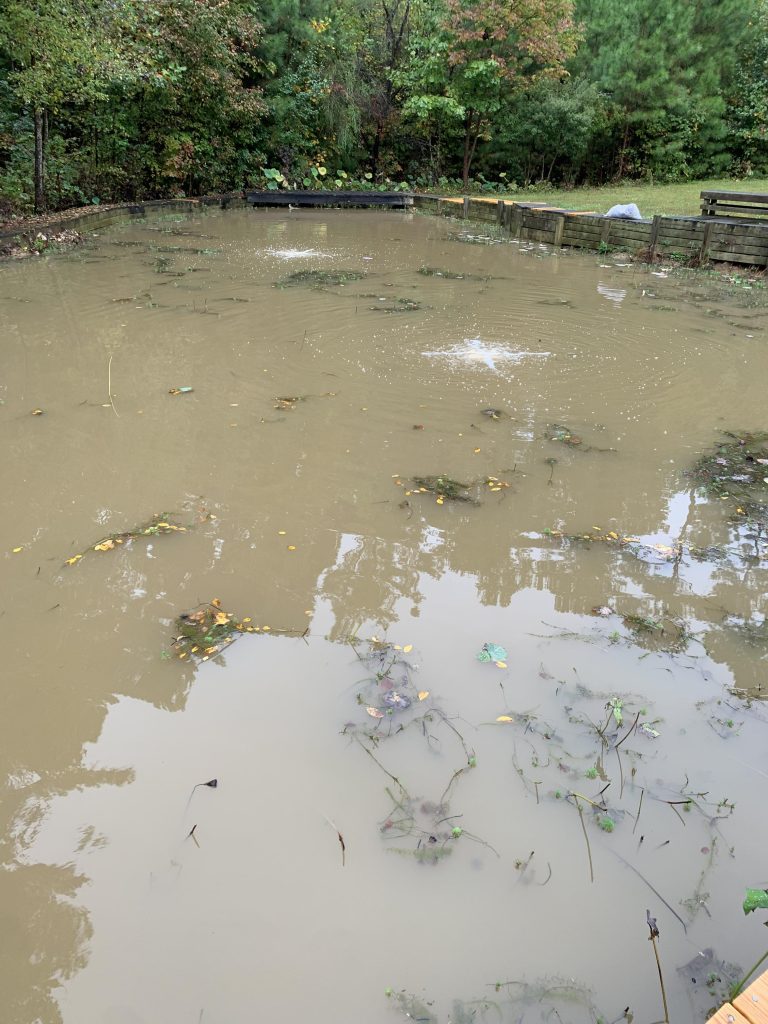 image source: reddit.com
image source: reddit.com
Most dogs can be commonly seen drinking water from dirty ponds or lakes, usually those who love to explore and to seek a new source of water when they're thirsty. Doing this is obviously unsanitary, but most of the time your dog is doing it because they naturally seek out water where they can get it.Advertisement
31. Eating dead fish or other dead marine life
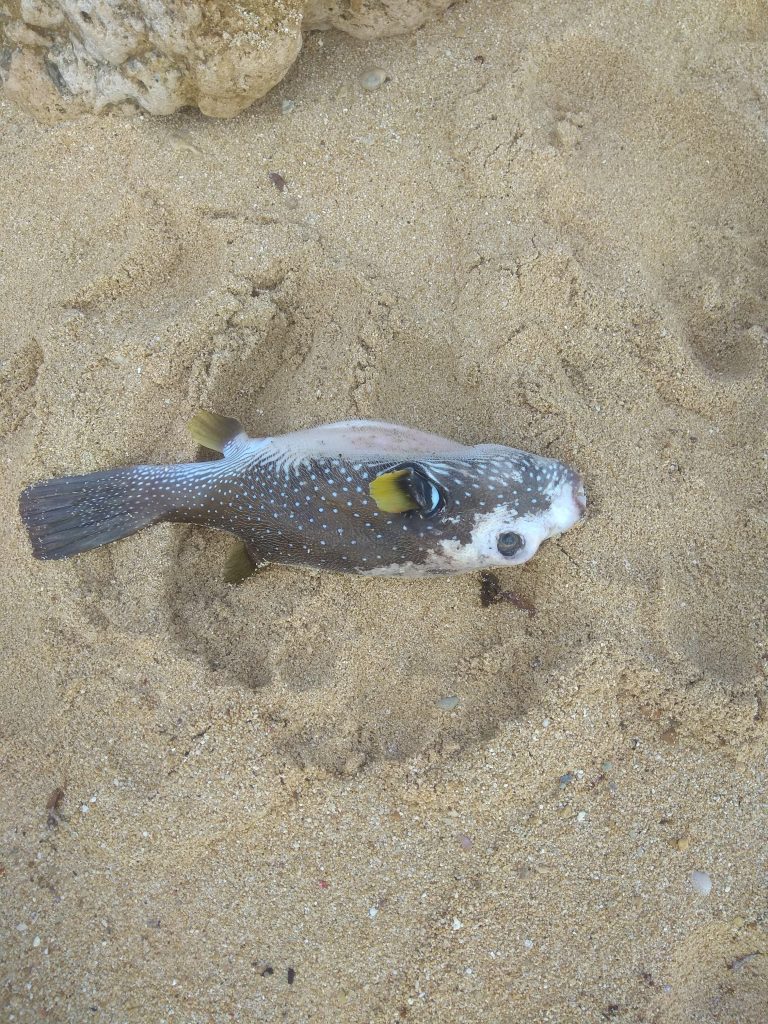 image source: reddit.com
image source: reddit.com
Eating dead fish or other marine life is a behavior observed in some dogs and cats, particularly those with access to bodies of water such as lakes, rivers, or the ocean. Most pets will do this because they're naturally seeking out prey, or perhaps tempted by a new smell or taste.Advertisement
32. Chewing on smelly shoes
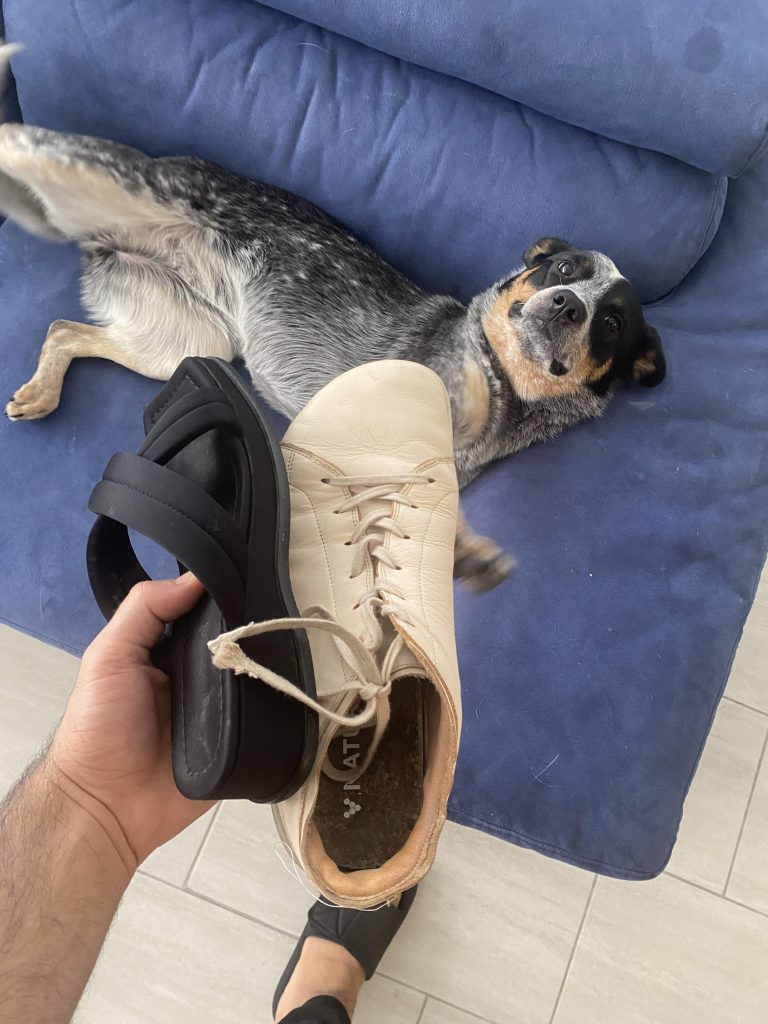 image source: reddit.com
image source: reddit.com
Chewing on shoes or other smelly objects is a behavior observed in some pets, particularly those with a penchant for exploring or seeking out novel objects to chew on. Most pet owners will agree that their dog in particular is going to chew on something - and usually it's your shoe!Advertisement
33. Licking dirty floors
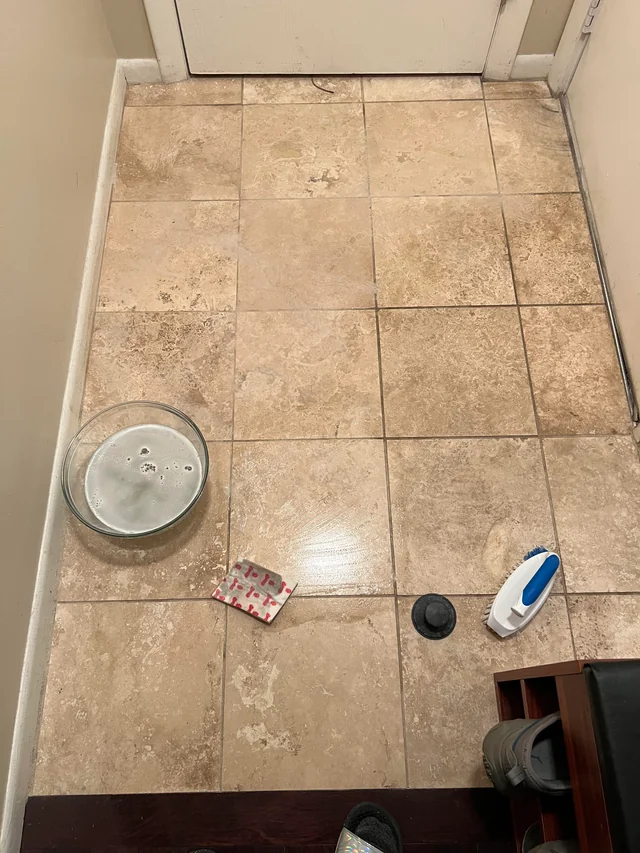 image source: reddit.com
image source: reddit.com
Licking dirty floors or surfaces is a behavior observed in some pets, and often it can be seen in dogs who either have stomach problems (therefore driven to lick) or perhaps there's a smell or taste left as residue on the floor. Keeping your floors clean as a pet owner is paramount.Advertisement
34. Eating spoiled or rotten food
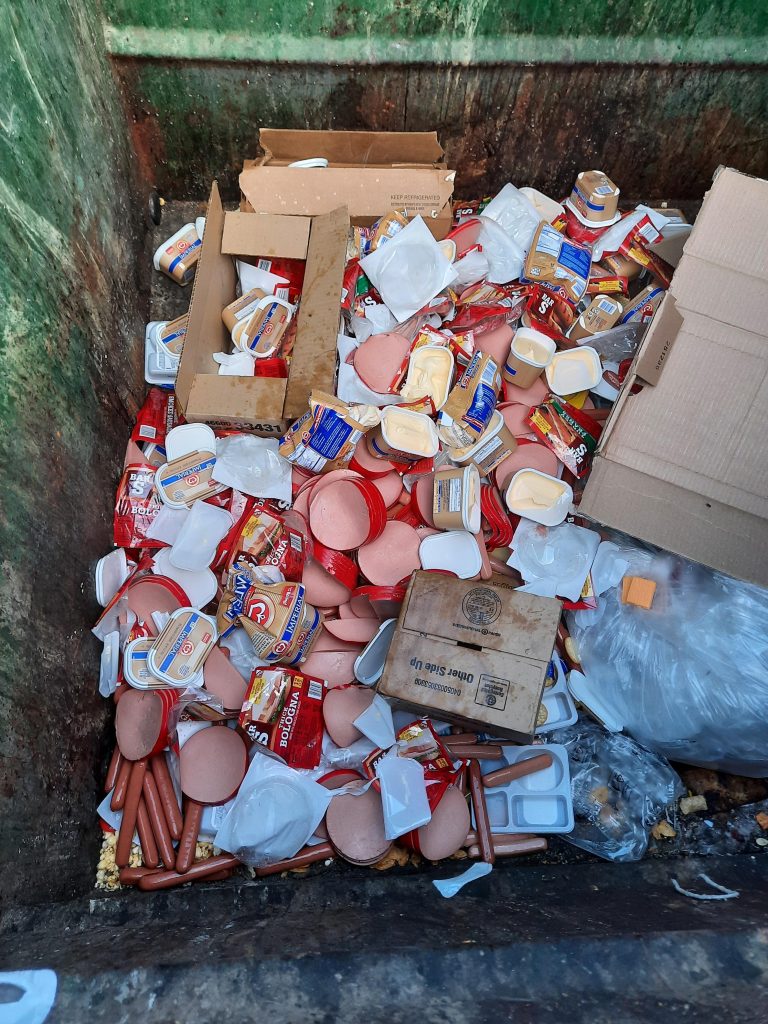 image source: reddit.com
image source: reddit.com
Most pets are going to seek out food where they can get it, and unlike us, they don't understand when food is good to eat and when it's bad to eat! Dogs in particular will often happily munch on food that is spoiled or rotten, if they can get their teeth on it - like after routing in the garbage...Advertisement
35. Chewing on used chewing gum
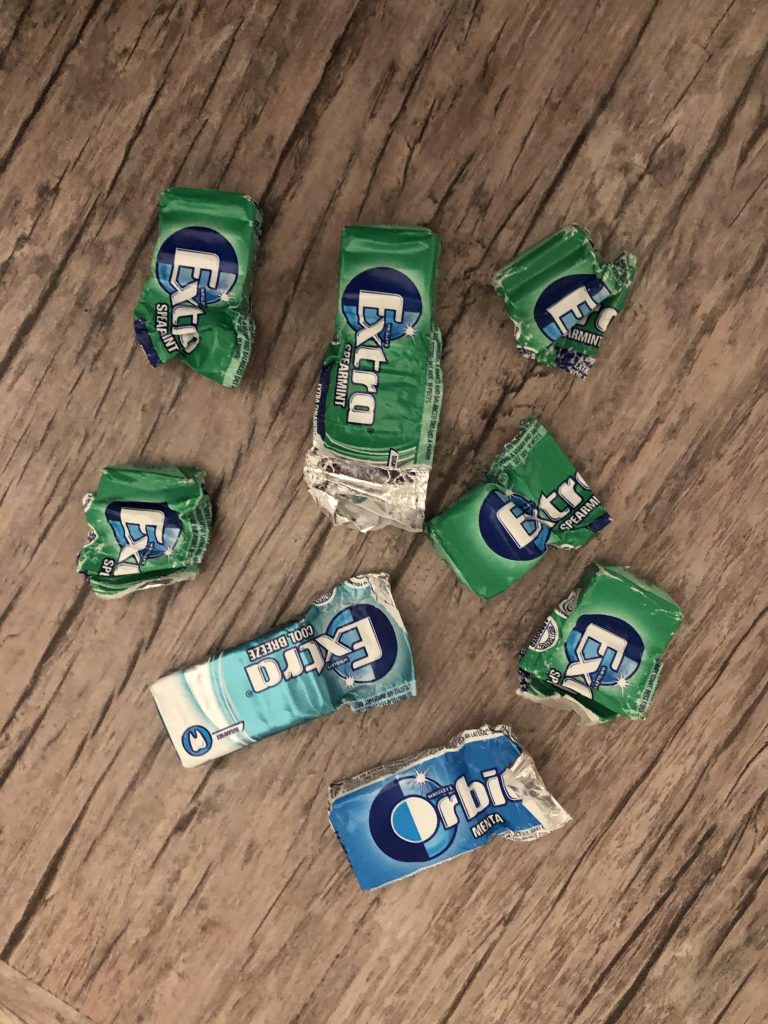 image source: reddit.com
image source: reddit.com
Chewing on used chewing gum is a behavior observed in some pets, and often because they constantly want something new and exciting to chew on. While this behavior may seem strange to us, they just might need something more exciting toy-wise to entertain them instead.Advertisement
36. Eating their own earwax
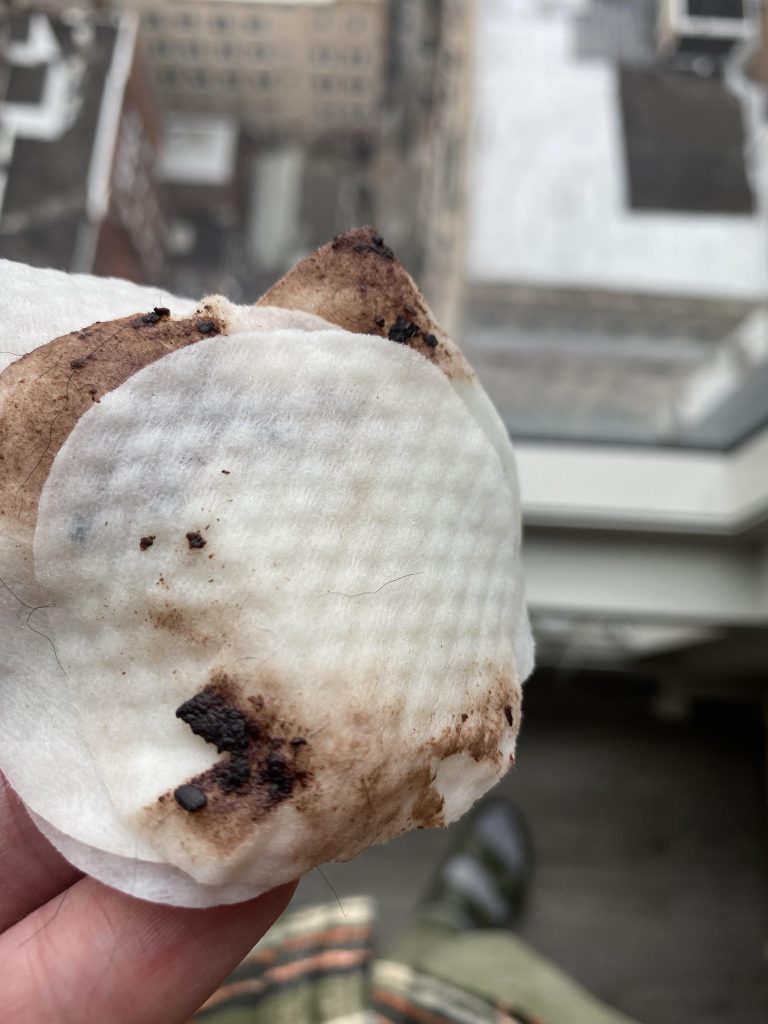 image source: reddit.com
image source: reddit.com
Pets may be driven to eat either their own earwax, or the earwax of other pets, if it has been cleaned out of their ears and available to chew on! This can often be because they're drawn to both chewing, and to the smells and tastes of other animals out of curiosity or instinct.Advertisement
37. Chewing on smelly furniture
 image source: reddit.com
image source: reddit.com
All pet owners know the struggles of trying to keep your furniture free of bite marks, and particularly if you have a new puppy or kitten. Chewing on furniture that has been marked with scent glands is a behavior observed in some pets, particularly those with a strong territorial instinct or a need to mark their territory with their scent.Advertisement
38. Eating old and decaying plants
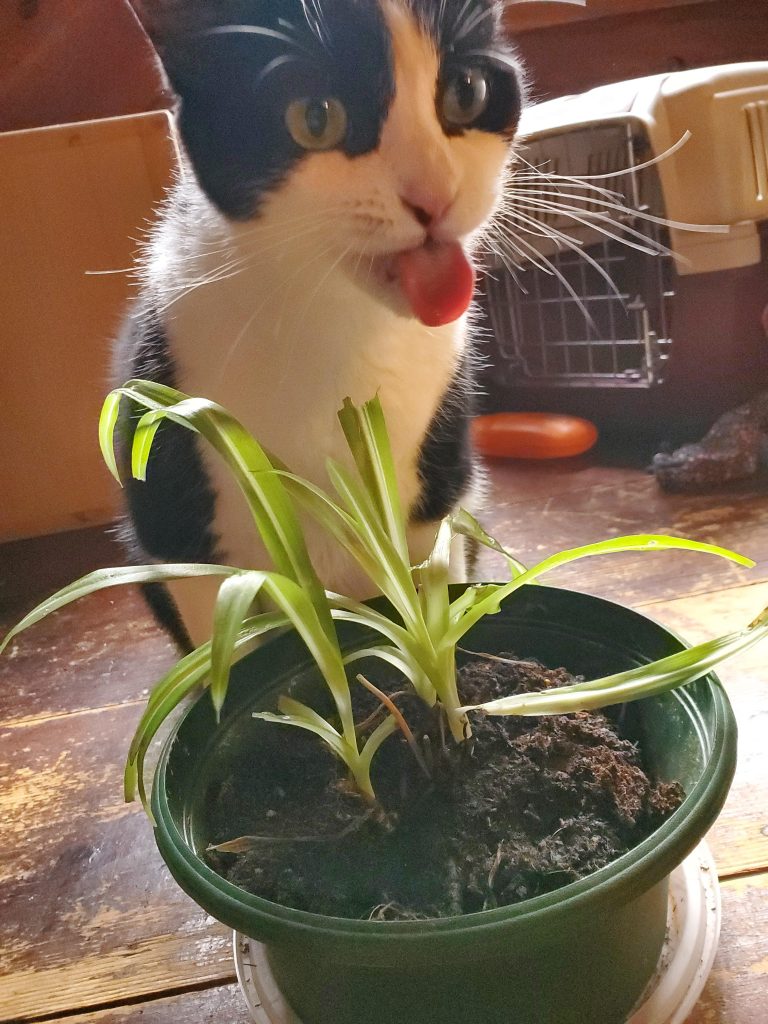 image source: reddit.com
image source: reddit.com
Eating old, decaying plants is a behavior observed in some pets, particularly those with a penchant for exploring outdoor environments or seeking out novel tastes and textures. The reason for this is that pets are often driven by instinctual urges to seek out food - and your plants just happen to look tasty.Advertisement
39. Eating the poop of rabbits or horses
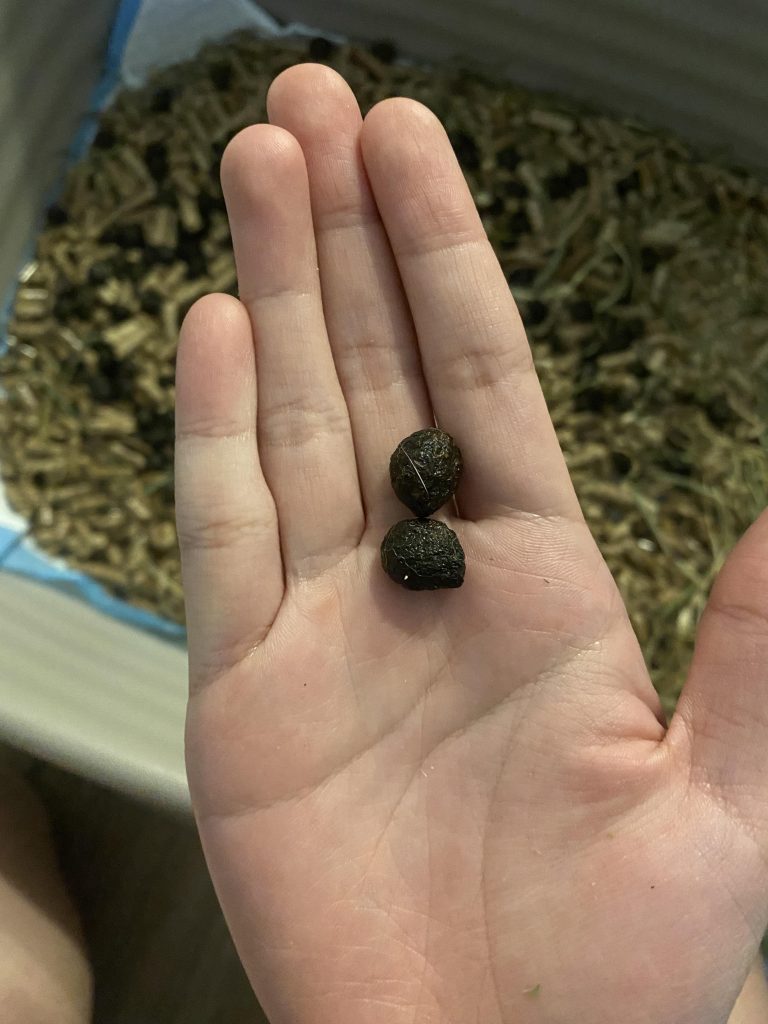 image source: reddit.com
image source: reddit.com
Eating feces of herbivores (e.g., rabbits, horses) is a behavior observed in some pets, particularly dogs, who may view herbivore feces as a source of nutrients or a natural instinct to scavenge for food. Rabbit and horse poop in particular can be different to the poop of meat-eating animals, like other dogs or cats.Advertisement
40. Eating bird droppings
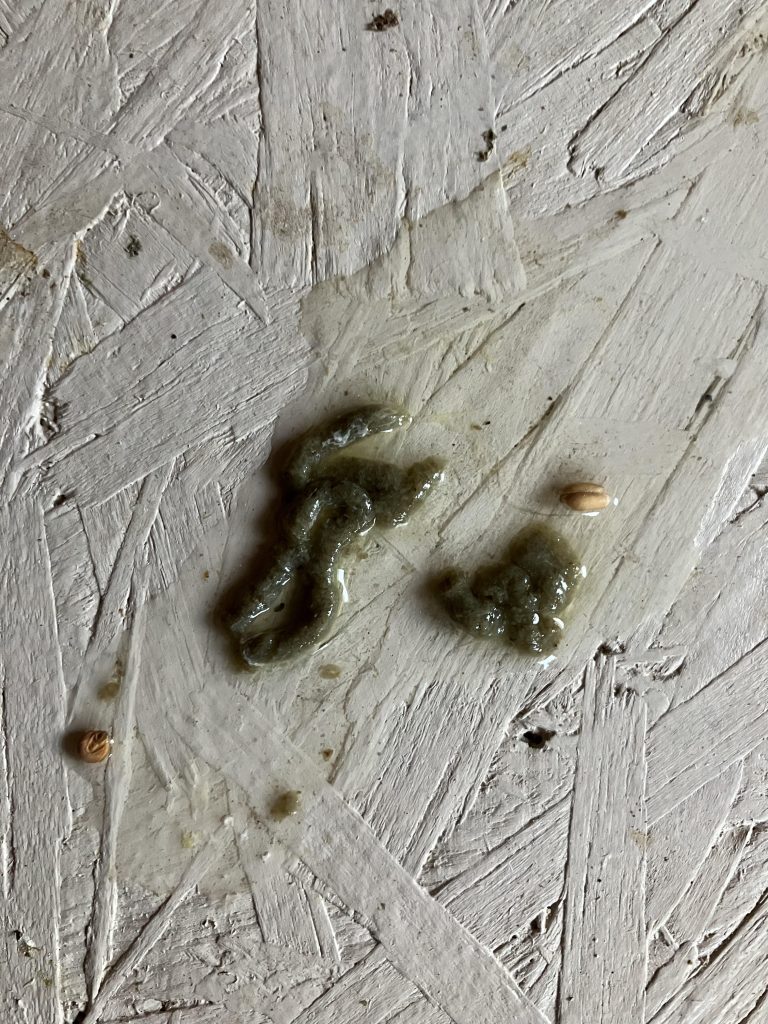 image source: reddit.com
image source: reddit.com
Eating bird droppings is a behavior observed in some pets, particularly those with access to outdoor environments where birds frequent. As always, most pets will scavenge for food where they can get it, so if they're in an area with a lot of bird poop, they're likely going to investigate.Advertisement
41. Drinking water from rain gutters
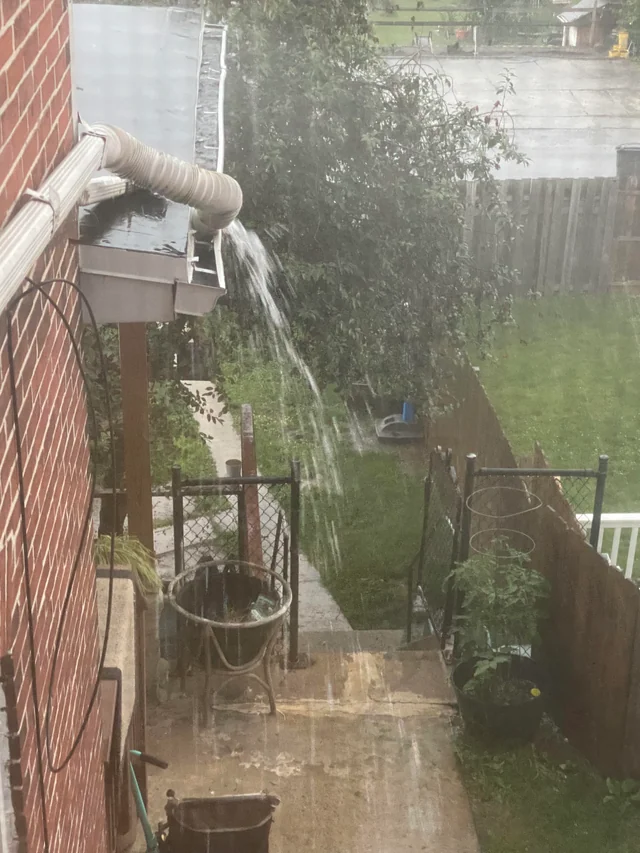 image source: reddit.com
image source: reddit.com
Drinking water from gutters or rain puddles is a behavior commonly observed in dogs, particularly those with a propensity for exploring outdoor environments or seeking out unconventional water sources, like we mentioned about dirty lakes and ponds. It can be unsanitary, which is why offering clean water instead is key.Advertisement
42. Eating their own placenta after giving birth
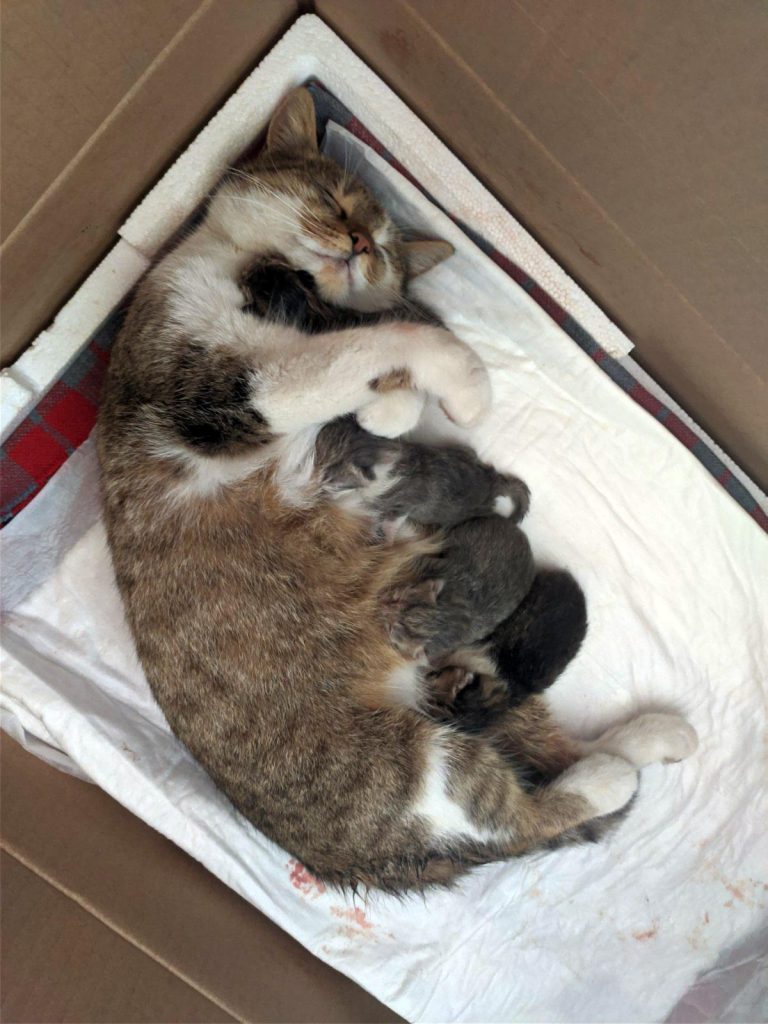 image source: reddit.com
image source: reddit.com
Eating their own placenta after giving birth is something animals often do - even some humans choose to keep and eat the placenta of their child after giving birth! And pets are no different. They may do this to replenish lost nutrients and hormones, which can also stimulate milk production.Advertisement
43. Eating other animals' vomit
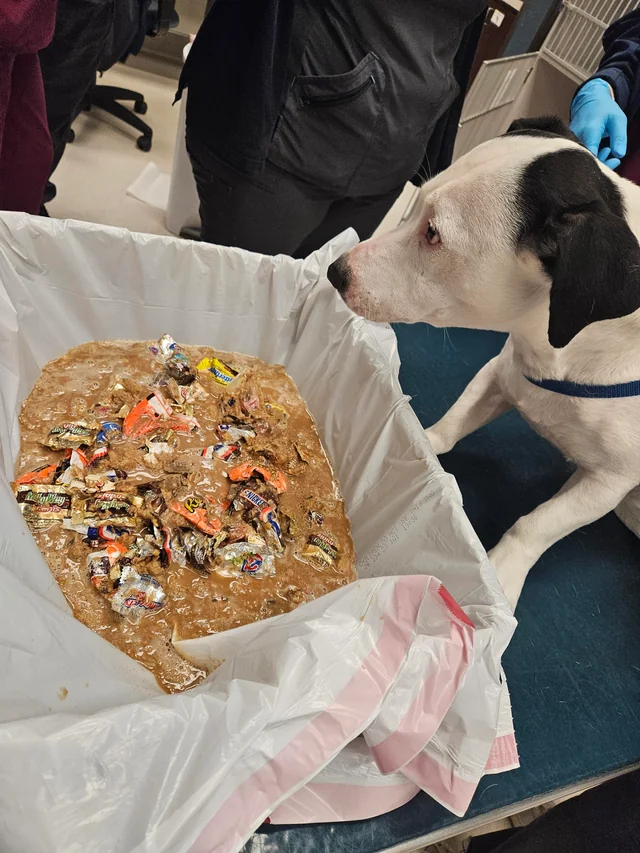 image source: reddit.com
image source: reddit.com
It's bad enough your pet wanting to eat their own vomit - but they might also try to eat another animal's vomit, too. Pets may view vomit as a source of nutrients or a natural instinct to scavenge for food and, as always, this is just your pet seeking out a new source of food!Advertisement
44. Licking and chewing on dirty or sweaty clothes
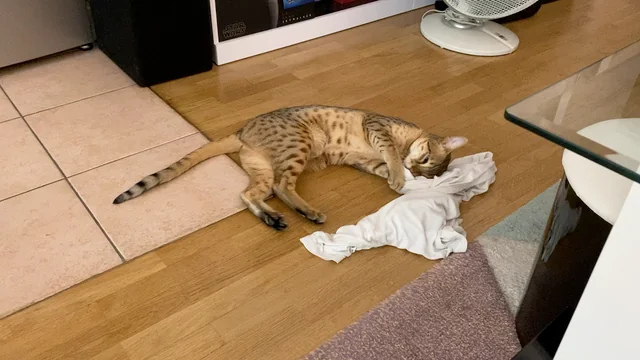 image source: reddit.com
image source: reddit.com
Why would your pet want to chew and lick your sweaty gym shirt, you ask? Well, they often do, and the reason can be because it smells like you! It can be part of the bonding where they are drawn to your scent - which is going to be particularly potent after a sweaty workout...Advertisement
45. Eating mud or dirt
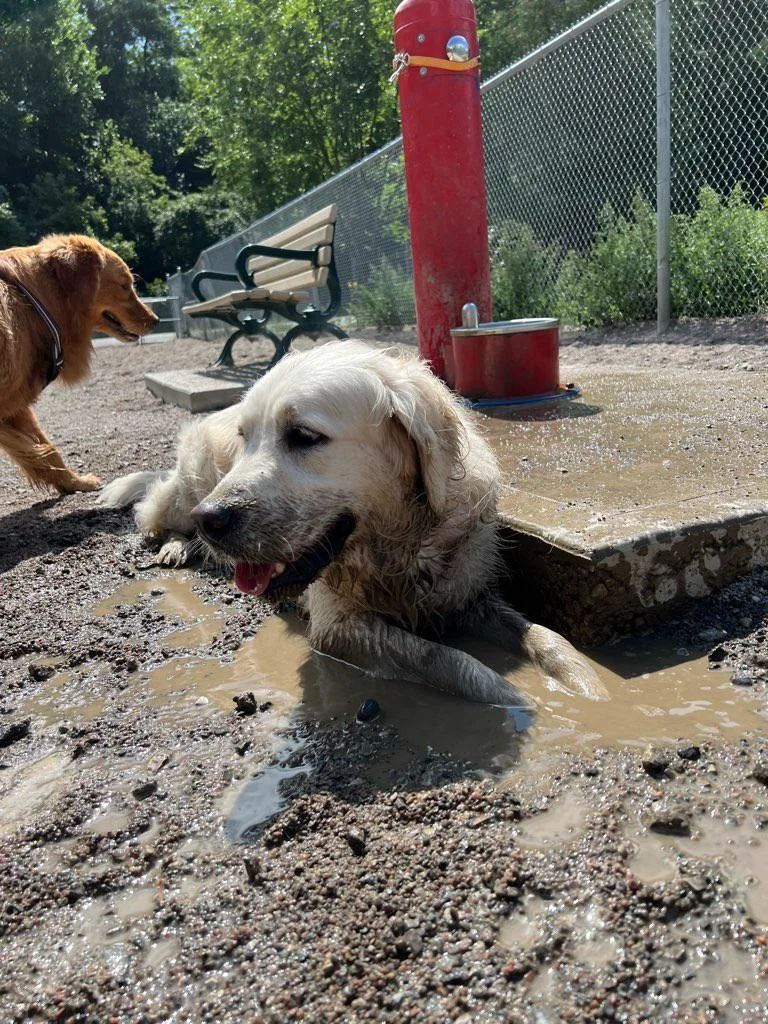 image source: reddit.com
image source: reddit.com
Eating mud or dirt is a behavior observed in some pets, and particularly dogs seeing as they're the most likely to explore outdoors. While eating mud might seem an improvement on eating their own vomit, it's still something you'll want to stop your dog from doing.Advertisement
46. Drinking water from a fish tank
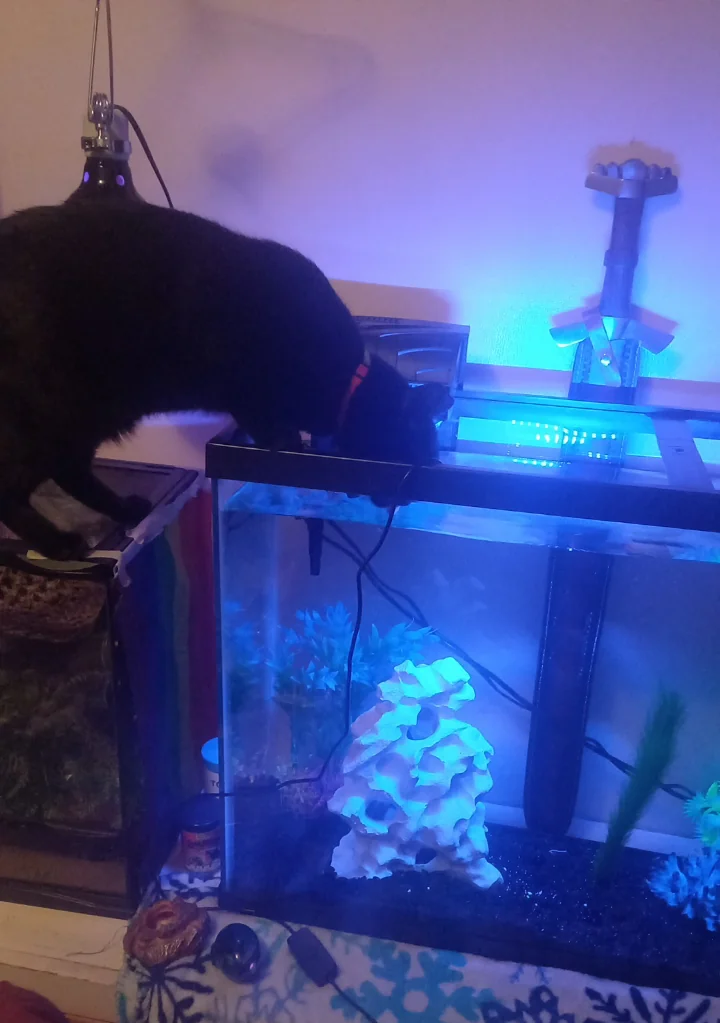 image source: reddit.com
image source: reddit.com
Drinking water from a fish tank (if they are not fish) is a behavior observed in some pets, particularly cats who have a habit of climbing on sideboards and up to fish tanks. Any pet that does this is usually driven by their need to drink, or their natural urge to seek out water.Advertisement
47. Eating their own nails or claws
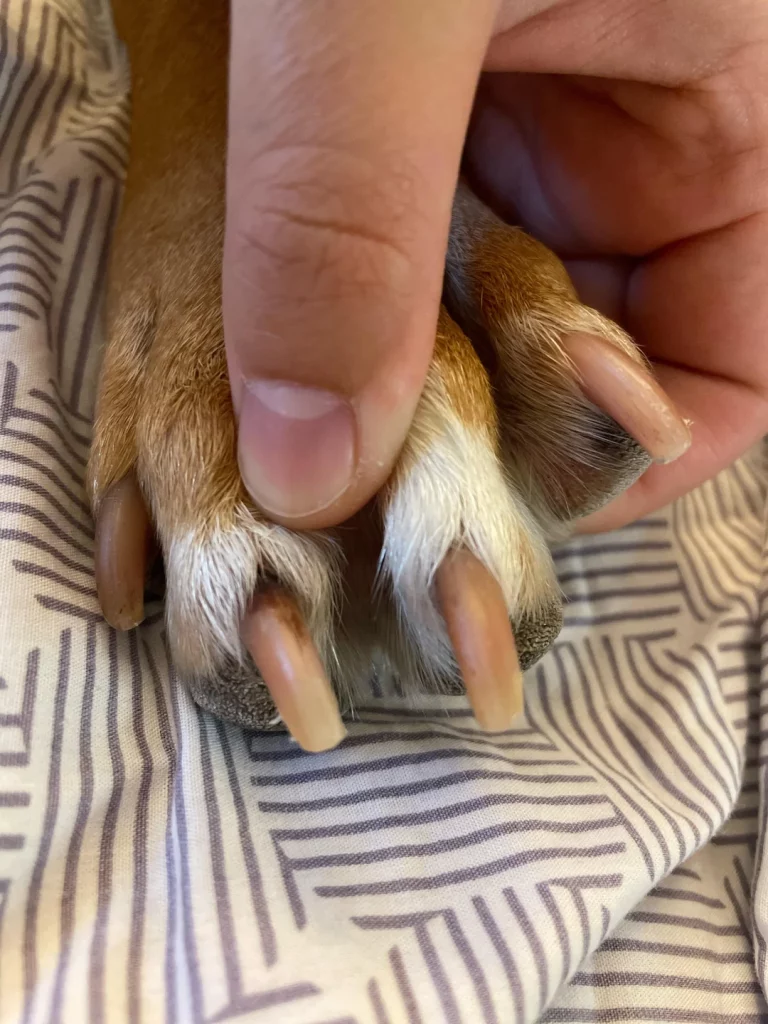 image source: reddit.com
image source: reddit.com
Your pet is most likely to chow down on its own nails if it has strong grooming instincts (like a cat) and also may be struggling with overgrown nails - which is why it's so important to keep on top of nail trimming for your pet as a pet owner, and keep an eye on how often they're having a nibble.Advertisement
48. Chewing on a snotty tissue
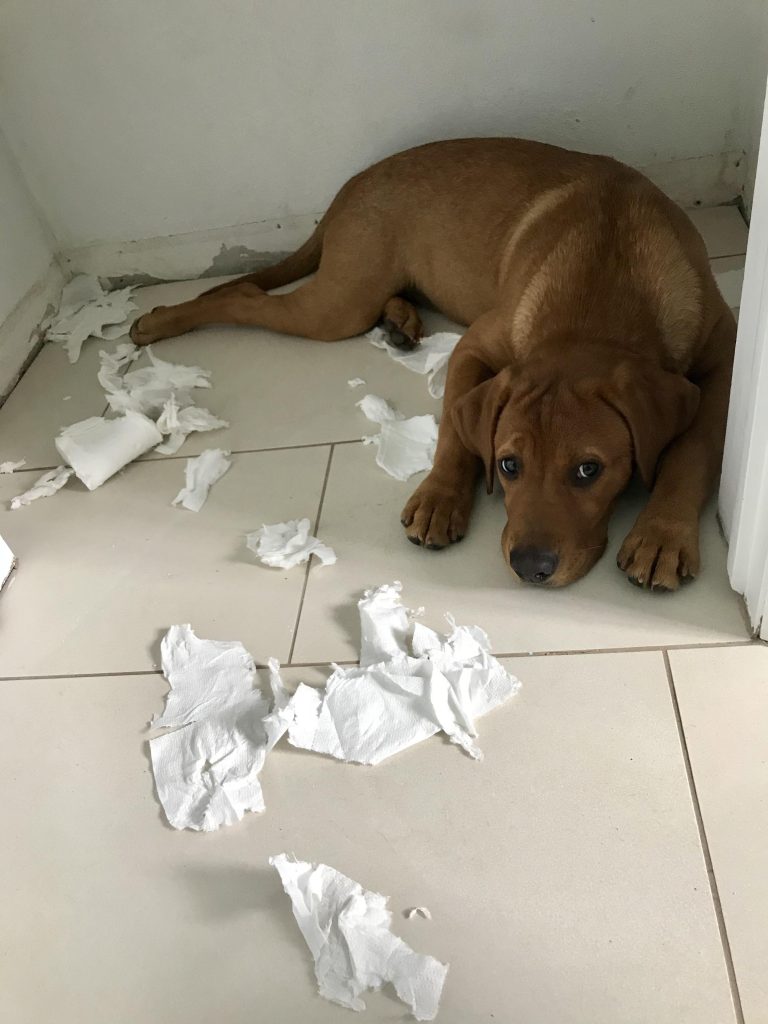 image source: reddit.com
image source: reddit.com
Most dogs - especially new puppies - will want to chew on toilet paper, but it's even grosser when they want to chew on the snotty tissue you've just disposed of! Chewing on used tissues with mucus is a behavior observed in some pets, particularly those with a penchant for exploring or seeking out novel objects to chew on.Advertisement
49. Eating or licking their own poop or urine
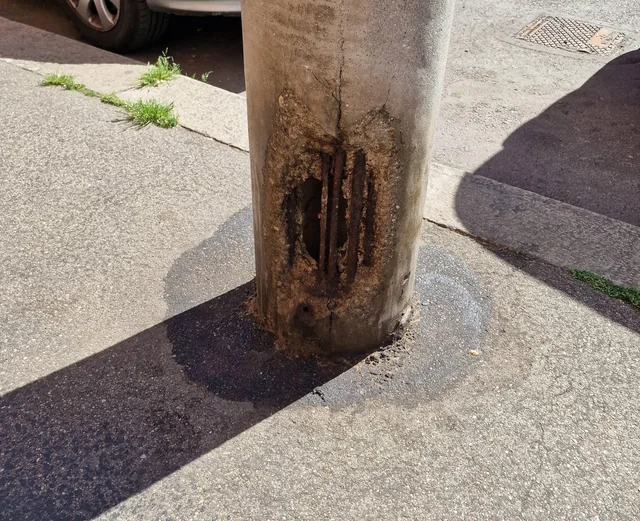 image source: reddit.com
image source: reddit.com
Eating their own excretions, like urine or feces, is a behavior observed in most dogs, and particularly because dogs will always seek out urine marks to smell and lick as a way of communicating with other dogs. So it's only natural for a dog to sometimes like or eat their own.Advertisement
50. Chewing on used diapers
 image source: reddit.com
image source: reddit.com
Having both a pet and a baby may see your pet chewing on a used diaper that they manage to get hold of. In the same way they're drawn to licking or eating their own poop (or the poop of other pets), it can also be their driven by the smell of a baby's poop, too, due to their natural instincts!Advertisement

